Samuel Prody | Interview | “I auditioned for the Jimi Hendrix Experience in a basement in Soho”
Samuel Prody’s sole release is a classic heavy rock album from 1971 and is now officially reissued for the very first time via Guerssen.
Samuel Prody, a British psychedelic hard-rock band, emerged from the previous group Giant, initially featuring Viv Prince of the Pretty Things on drums. Led by bassist/vocalist Tony Savva and showcasing the exceptional guitar talents of Derek Smallcombe (formerly of Jason Crest), they crafted their only album in England. However, inexplicably, it saw its initial release solely in Germany, rendering it a coveted gem of the heavy prog era. With raw vocals, thunderous drums, distorted guitars, and psychedelic effects, the album reaches its zenith with the eight-minute epic ‘Hallucination’. Despite numerous bootlegs, Guerssen now presents the first-ever officially sanctioned reissue of the album, accompanied by the band’s fascinating history revealed for the first time. The sound has been remastered to perfection, and the original artwork is presented in a gatefold sleeve. Additionally, the package includes an insert featuring liner notes by Klemen Breznikar, along with rare photos and a download card.
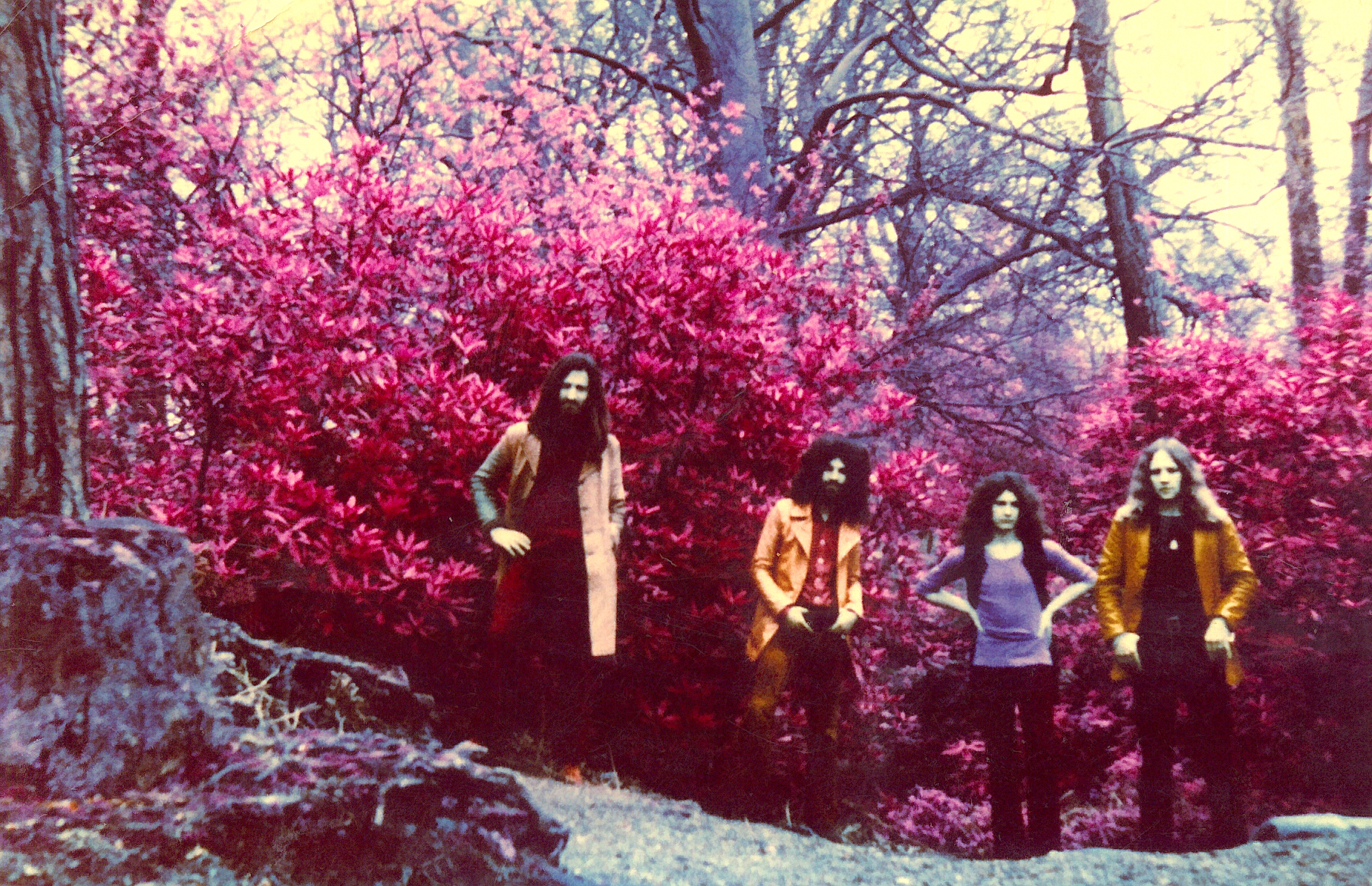
“I auditioned for the Jimi Hendrix Experience in a basement in Soho”
Would you like to talk about your background? Where did you grow up and originally initiated your interest in music?
Tony Savva: I was born in Cyprus, and my parents moved to London, UK, in 1948. I spent most of my young childhood years in Kentish Town, London, where I met my childhood friend Andy Mitchell, who lived in the same street. We became great friends and discovered that we were both drawn to music; we both enjoyed listening to the radio and the music of that time. I remember we both bought red Burns guitars as we thought it would be good to have matching instruments and ended up taking music lessons, which didn’t last long as we were too eager to just play. Our first influences were, of course, Elvis Presley, Cliff Richard, The Shadows, The Beatles, etc.
You were in quite a lot of interesting bands before forming Samuel Prody. I guess it all started in The Rivals with Andy Mitchell (lead guitar), Colin Cookson (rhythm guitar), Bobbie Scott (drums), and you (bass & vocals).
Around the age of fourteen, we put a band together, which we called The Rivals. The lineup was Andy Mitchell on lead guitar and vocals, Colin Cookson on rhythm guitar (later replaced by Bob Betts), Bobbie Scott on drums, and myself on bass and vocals. I remember we used to go and stand outside a pub and listen to a local band as we were too young to go inside. The band was called The Boys, who were later known as The Action and released a single called ‘I’ll Keep On Holding On.’ We were managed by a company called Emendee Enterprises.
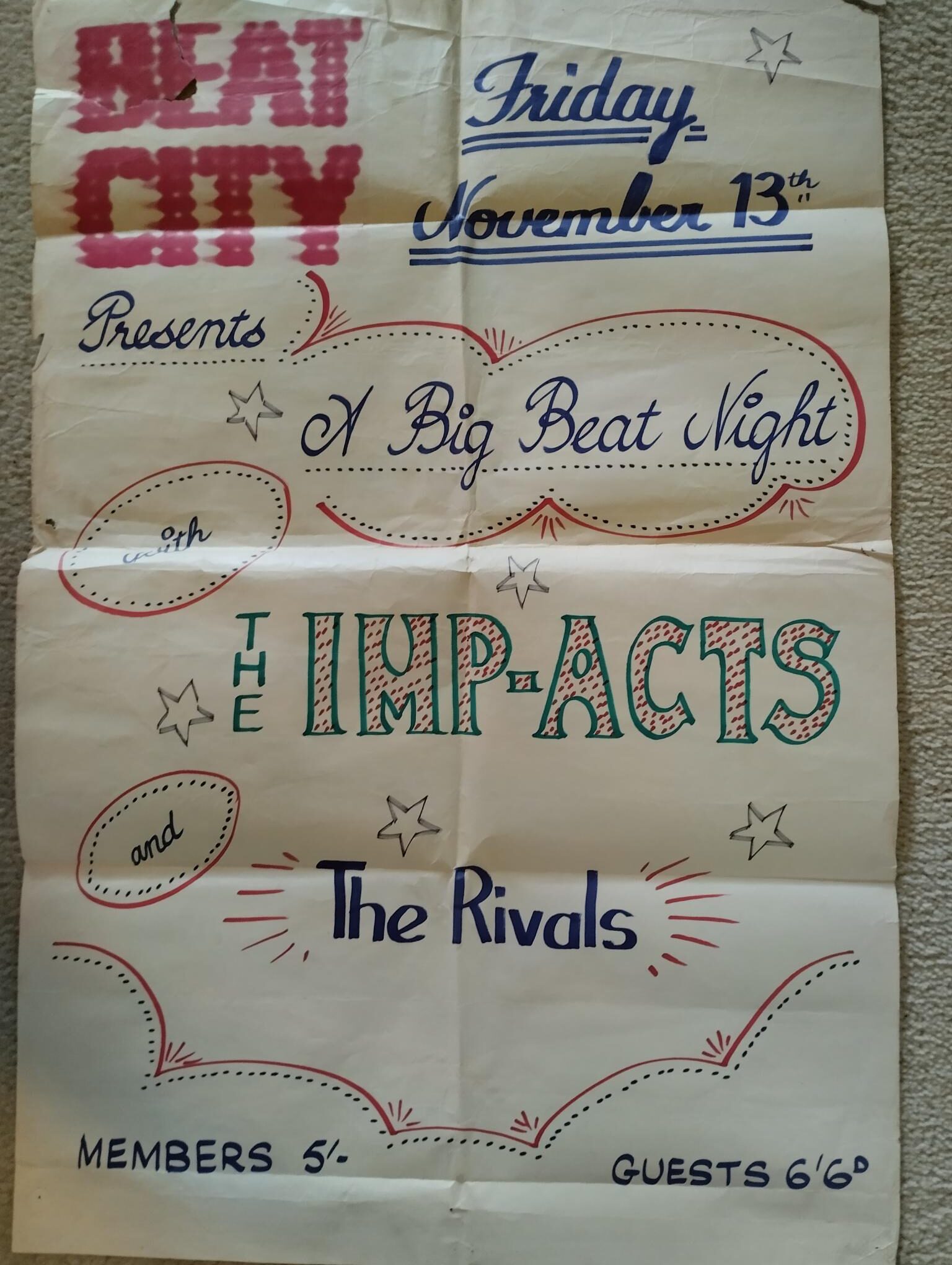
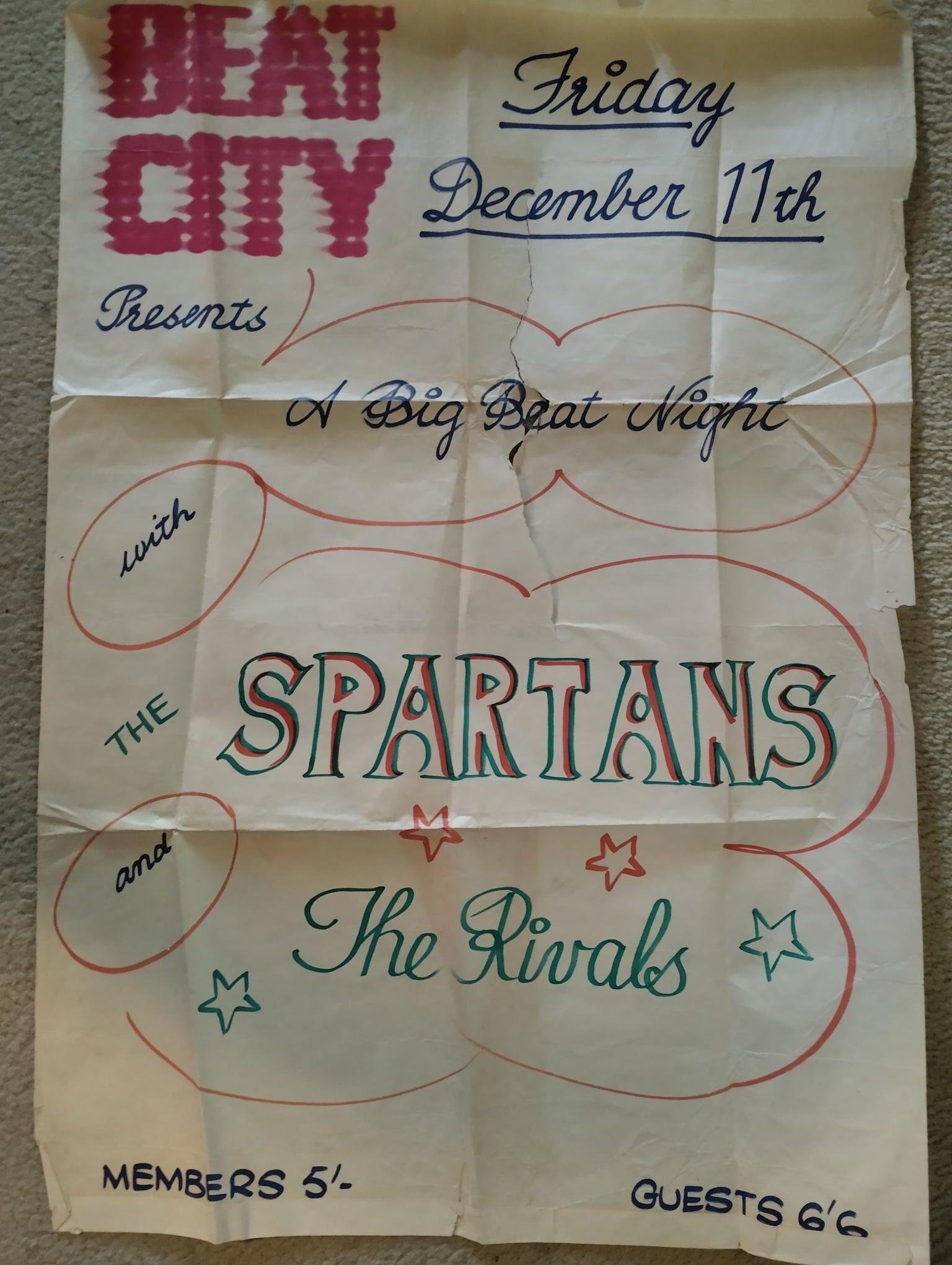
We were doing school dances, and we played at the Railway Club, which was above Camden Town Station. Our equipment transport to gigs was by a wooden market wheelbarrow, hand-pushed by the drummer’s father. Happy days! I don’t think these were paid gigs. I remember two gigs at the Beat City Club on Oxford Street supporting Georgie Fame and the Blue Flames. Mitch Mitchell was on drums. We also played at the Lyceum on the Strand, the 2i’s Club on Old Compton Street in Soho, and the Overseas Club in Earls Court.
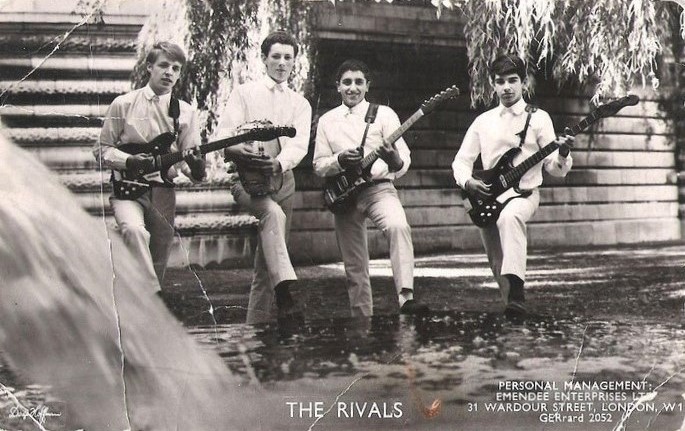
Tell us about Thee of London.
Then followed the band Thee of London, the new lineup was Andy Mitchell, Bob Betts, myself, and Peter Balding on drums, which was our first recording on Decca. We recorded a Rolling Stones song called ‘Each and Every Day’. Our new manager was involved with Andrew Loog Oldham, who managed the Rolling Stones at the time. He was his chauffeur-cum-bodyguard. We had three dates opening the Rolling Stones tour, the third of which our lead guitarist Andy got electrocuted when his mouth touched the microphone.
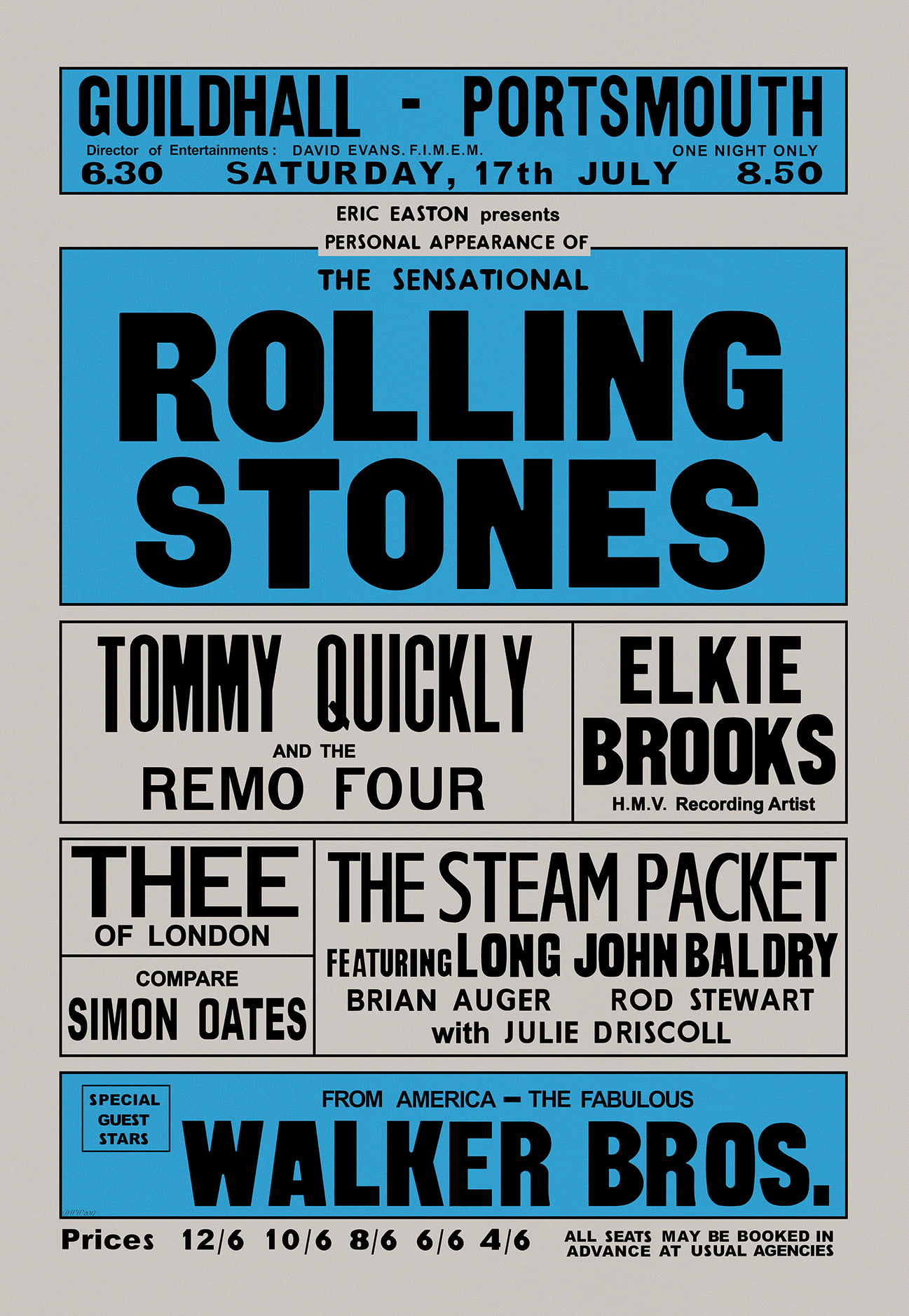
The audience thought it was part of the show. After we managed to get the curtains closed, he was rushed off to the hospital, fortunately, he was okay. The main acts were the Walker Brothers, Elkie Brooks, The Steam Packet with Long John Baldry, Rod Stewart, Julie Driscoll, and Brian Auger. Apart from this, we did many gigs up and down the country, including the Cavern in Liverpool, supporting The Big 3, where evidently we have a brick in the wall with our band’s name on it. We supported many bands, too many to mention, but here are some: Manfred Mann, The Move, Nashville Teens, …
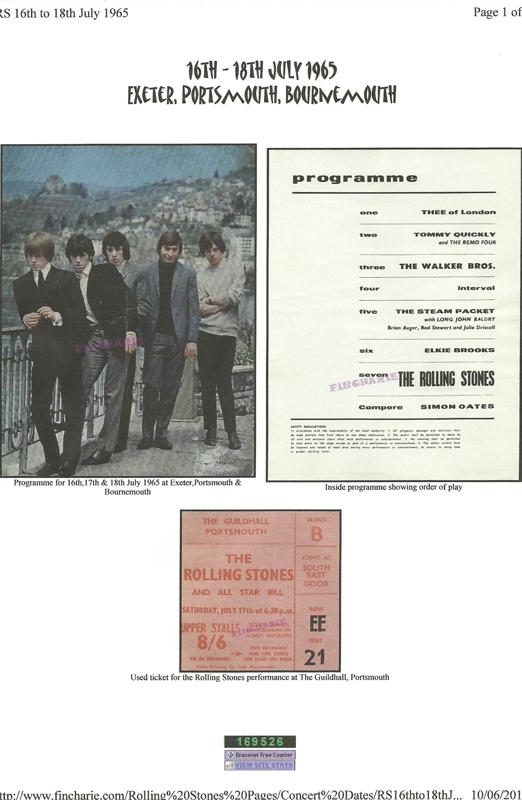
How did the transition to The New Breed come about?
At this point, Bob Betts decided to leave the band. Our manager decided to keep us as a three-piece and change the image to a mod band with a new name called The New Breed. We then became part of the Don Arden agency, who managed The Small Faces and The Who, amongst others. We released a single called ‘Friends and Lovers Forever’, which was written by Wes Farrell and Bert Berns. We were given two song choices. Unfortunately for us, the first one we chose was taken by The McCoys (‘Hang On Sloopy’). Missed out there, didn’t we!
The band eventually split up, and I was approached to form a new band called Wild Angles with Don Arden’s son fronting the band. We were playing mainly Tamla Motown. We gigged for a while, playing venues like the Marquee Club, etc. I remember we played a gig up north somewhere supporting Ike and Tina Turner; Diana Dors was the main act. This band didn’t last long, as after recording and submitting a demo to Don Arden, which he evidently, according to his son, danced on, it was the end of this project.
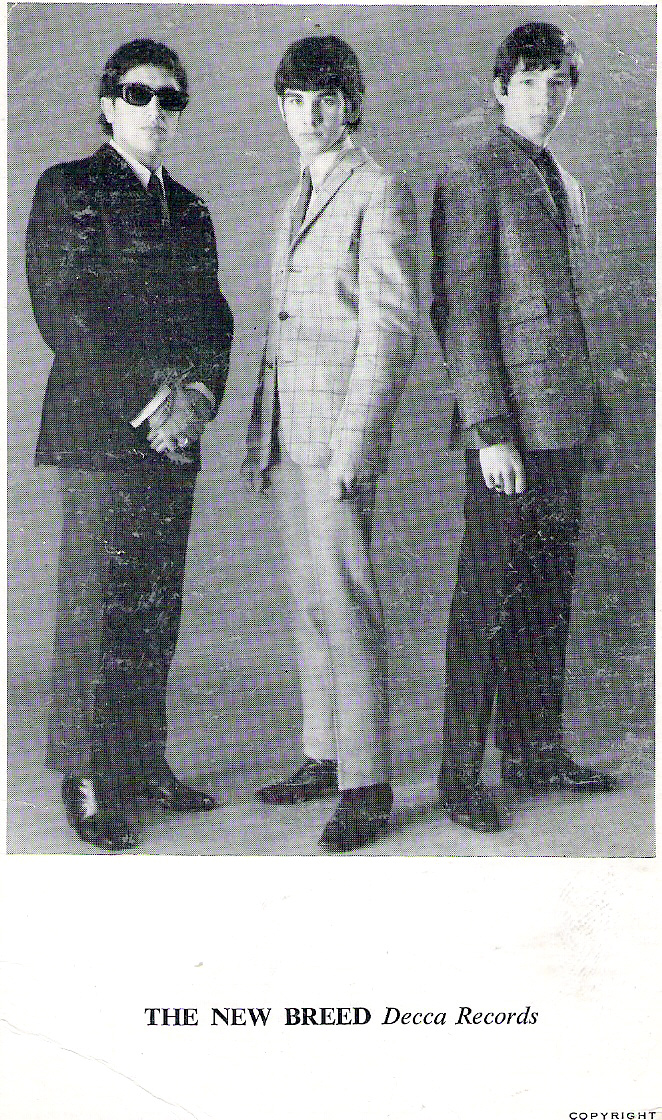
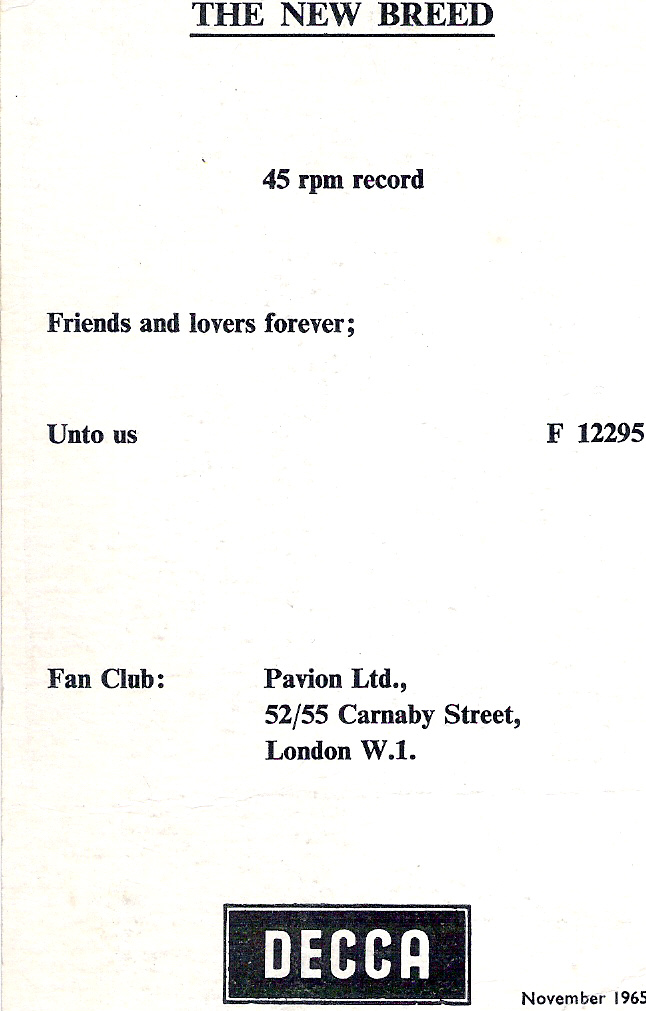
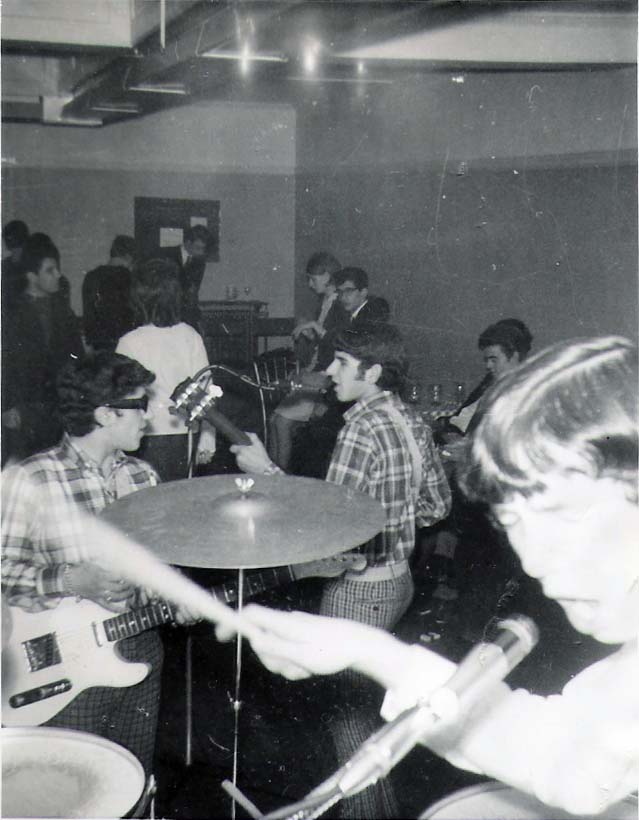
How did A Wild Uncertainty come about?
We then placed an advert in the Melody Maker magazine for musicians to form what was to become A Wild Uncertainty. First up was Peter Tidmarsh, then we auditioned Eddie Hardin, who later would join Spencer Davis, and a young drummer called Gordon Barton, who later played with John Entwistle in The Ox. This turned out to be quite a tight band, and we soon went into the studio to record ‘A Man With Money/Broken Truth’. Our musical arranger was Arthur Greenslade, and the sound engineer was Glyn Johns, who recorded The Who and The Beatles. The B-side was literally thrown together in the studio; words and music were made up as we went along, one take, done! Just as a note of interest, Mitch Mitchell, later to join Jimi Hendrix, played percussion on the track ‘A Man With Money’. There was one unreleased track from the session, a cover of The Who’s ‘La La La Lies’, which was later discovered and released by Cherry Red Records on a compilation CD.
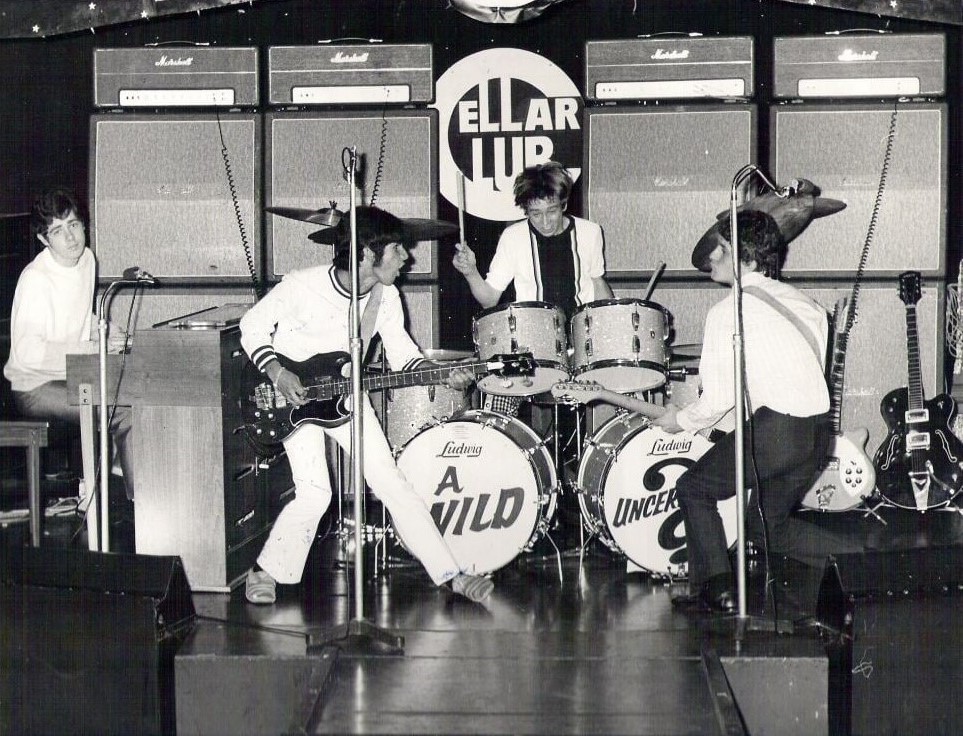
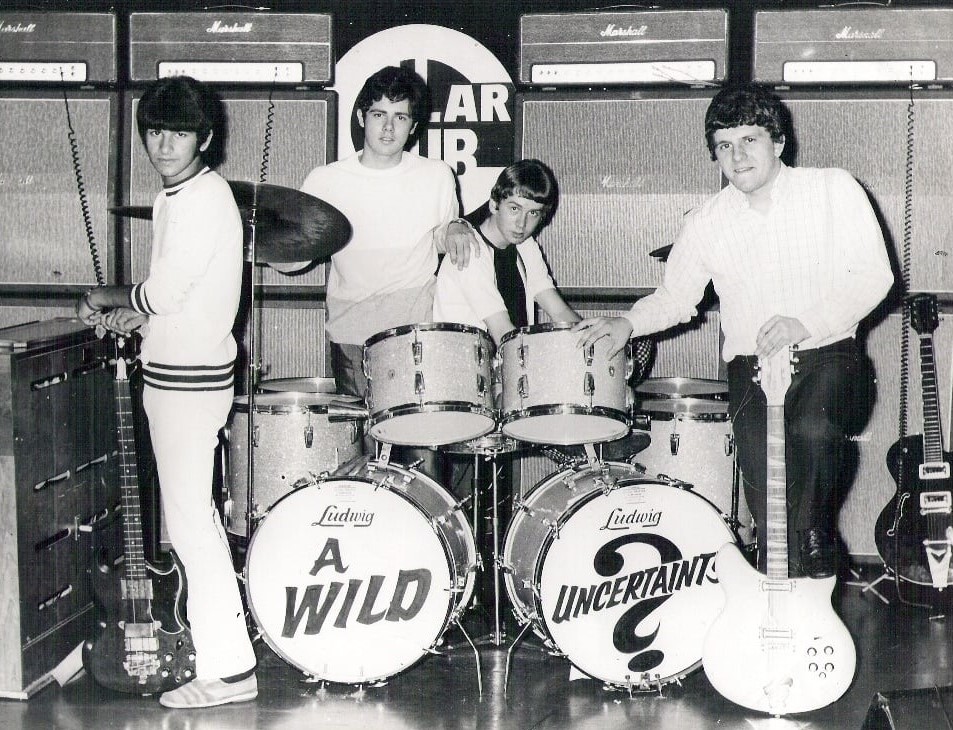
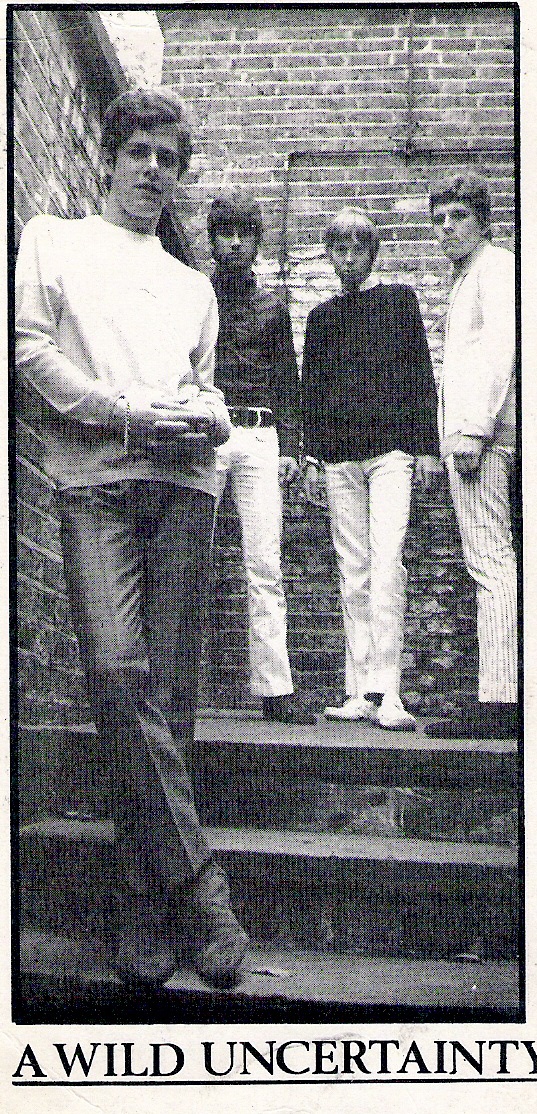
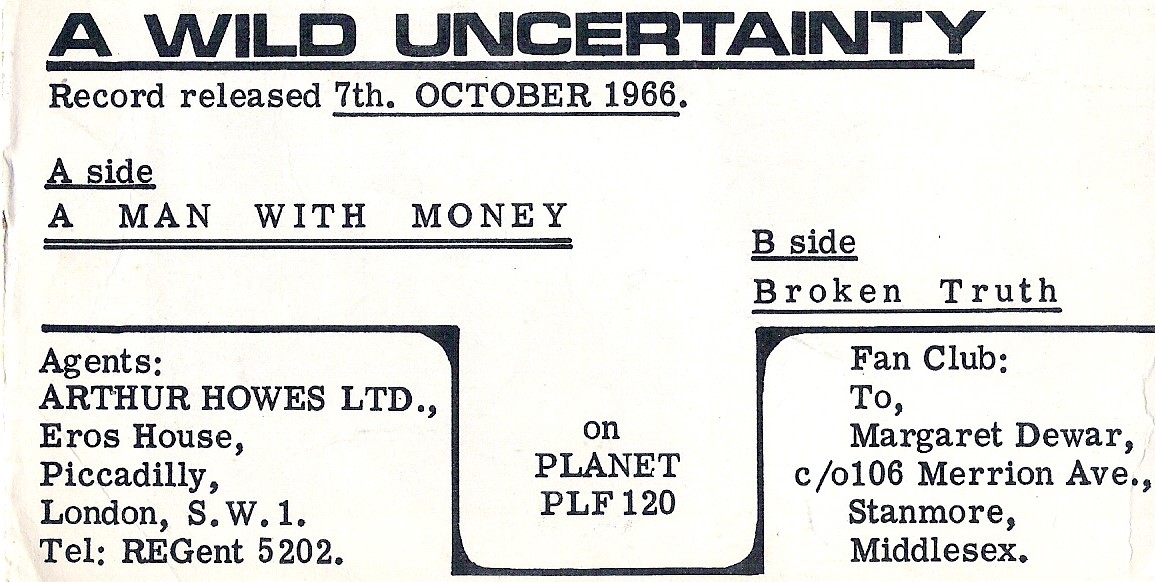
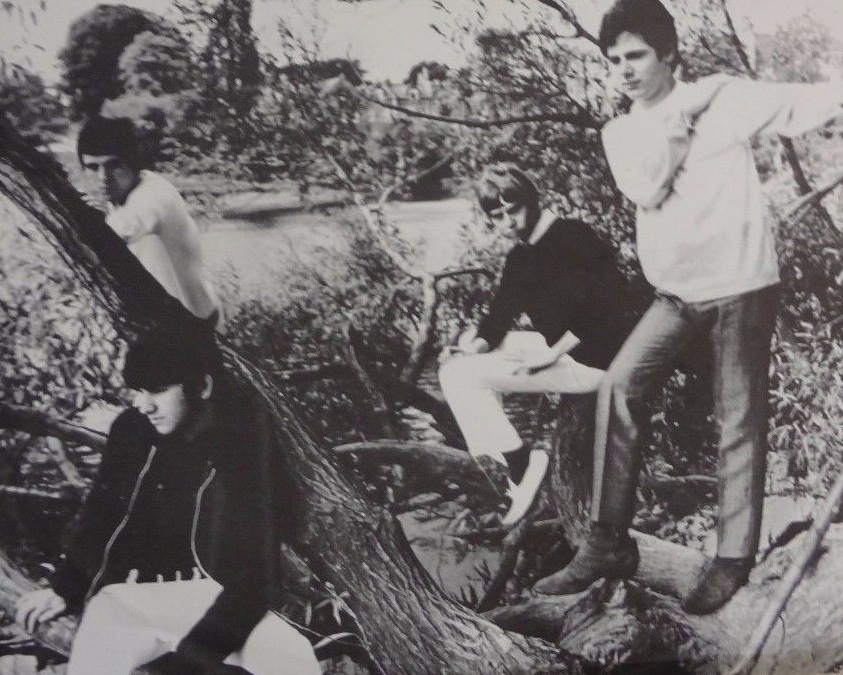
There was a moment when Keith Moon wanted to join the band and once rehearsed for a full day at the Kingston Cellar Club.
As we were involved with the same agency and had met Keith Moon on several occasions while clubbing, when Keith Moon and Pete Townshend were going through a bad spell, our manager Reg King invited Keith Moon to the Kingston Cellar Club to play with the band as we were looking for a new drummer. He came and played with the band for a good couple of hours, which was most enjoyable for all parties! He said he would be interested if he was guaranteed a good wage, alas, this wasn’t to be, sadly.
A Wild Uncertainty unfortunately fell apart after Peter Tidmarsh decided that he wanted to study classical guitar and become a teacher, which led to Eddie Hardin joining the Spencer Davis Group and then onto Harding and York, playing along with Miller Anderson and Colin Hodgkinson. Gordon Barton went on to drum with Andwella’s Dream and John Entwistle’s The Ox, and I believe he did a stint with Leo Sayer.
You auditioned for the Jimi Hendrix Experience? That must have been something.
Next up was that I auditioned for the Jimi Hendrix Experience in a basement in Soho, with Mitch Mitchell on drums, Jimi on guitar, and Noel Redding on rhythm guitar. It was a very relaxed audition with four chilled-out hippies having musical fun. Everything went great; I got along well with them, and as I had met Mitch Mitchell previously out and about, I felt very comfortable. Unfortunately, the outcome was that they liked my bass playing, but their manager Chas Chandler decided to put Noel Redding on bass and keep it as a three-piece. Sad.
How did you first get in touch with Lionel Bart? What’s the story behind working on his ‘Isn’t This Where We Came In?’
I met Lionel Bart through our manager Reg King on a couple of occasions, and he asked if I could bring some musicians to his house to put down some backing tracks for some songs that he was writing for his new album, ‘Isn’t This Where We Came In,’ which was all about reincarnation. I did this, and Lionel asked me if I could collaborate with him on some ideas. So, I came up with the song called ‘Tra la la,’ which we arranged and later recorded on the album. It was a great experience watching how he came up with his lyrics and melodies. Genius.
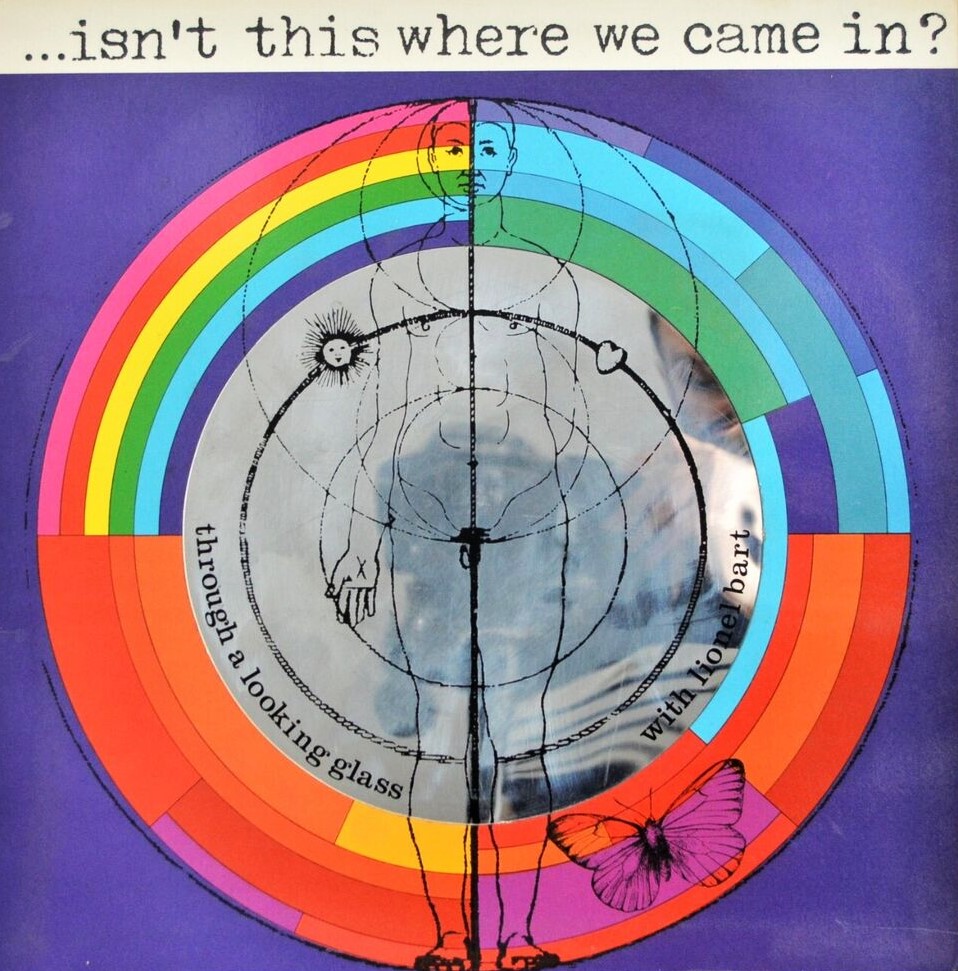
Can you elaborate on the formation of Giant, which later became Samuel Prody?
I later auditioned for a band that was being put together by Peter Sears, called Giant in London. This was a three-piece band with Viv Prince on drums (Pretty Things). Unfortunately, it didn’t work out with Viv, and we replaced him with John Boswell. We did many gigs around the country, including clubs, universities, and the Roundhouse in Chalk Farm. We supported bands such as Stix and Vanilla Fudge. We were supposed to perform at the Albert Hall once and were backstage waiting to play, but John Lennon and Yoko Ono spent so much time in bed on stage that we missed our slot. Eventually, Peter decided to leave the band and go to America, where he eventually joined Jefferson Starship. Peter Tidmarsh rejoined the band, and we recorded an album under the name Giant, which was produced by Mike Smith. Unfortunately, I have no idea what became of the recordings.
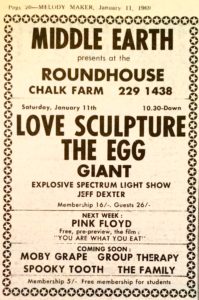

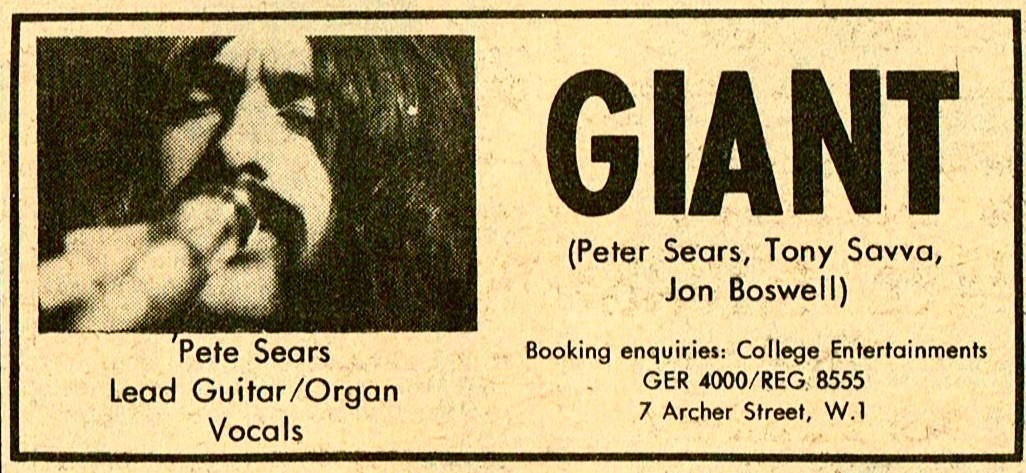
Where were you originally based, and what led you to move to Brighton?
The reason for the move to Brighton resulted from John Boswell knowing somebody who wanted to manage the band and owned a theatre in Brighton. He said he had good contacts in the music business. Peter Tidmarsh, again, decided to leave, so we auditioned in London and got Davey O’List (ex-The Nice) on guitar. However, that didn’t work out, so he was replaced with Keith Hurly as lead guitar, and all was good for a while. We were provided with a flat, a wall of Marshall Amps, and could rehearse in the theatre on a very large stage. After rehearsing for about 2 or 3 months, five to six hours a day, and writing all the songs in a hazy, smoke-filled basement flat, we played our first performance at the Rothbury Theatre. We asked the band Andromeda to come down and headline for us. It was a great evening with a great turnout. We proceeded to do many gigs in and around Brighton, which was buzzing with the Southsea Bubble at the time.
Whose idea was it to name the band Samuel Purdy? And how come you then changed it to Samuel Prody? Did you play any shows under the name of “Samuel Purdy”?
Then came the band name change, which was the manager’s idea. It was to be Samuel Purdy, later changed to Samuel Prody, mainly to avoid any future problems with the shotgun firm of the same name. Unfortunately, the management couldn’t fulfill their commitments, which led to Keith Hurly leaving the band to pursue his teaching career.
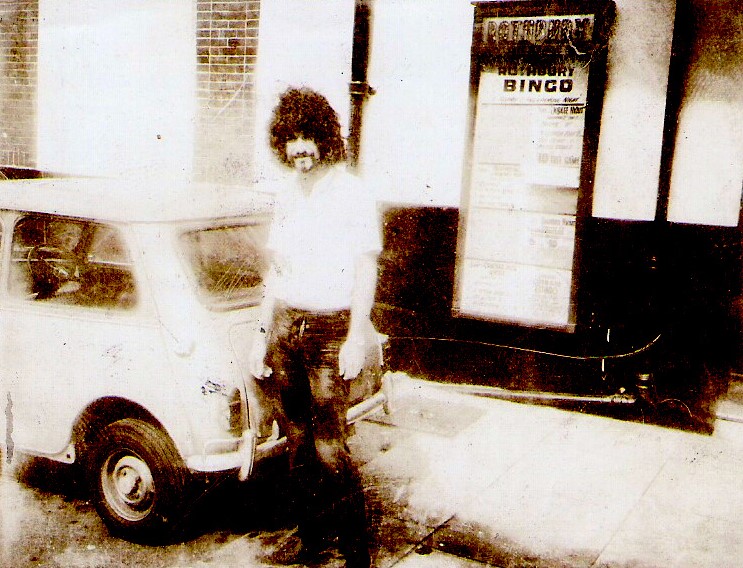
How did you get the deal with Global Records?
With regards to the album, we were still involved with Mike Smith, ex-sax player with Amen Corner, and he said that he would be interested in recording the new band as he had free studio time. This led to us getting Steven Day and Morty Small to join the band. I was to front the band, Steve would play bass, Morty on guitar, and John on drums. After putting the band back together again, we went into the studio and recorded the Samuel Prody album. I played the bass on the album, and Steve Day laid down the rhythm tracks, with Morty on lead. We also recorded an album under the name of Smithy and his Gang with all original songs, which I have no idea what happened to.
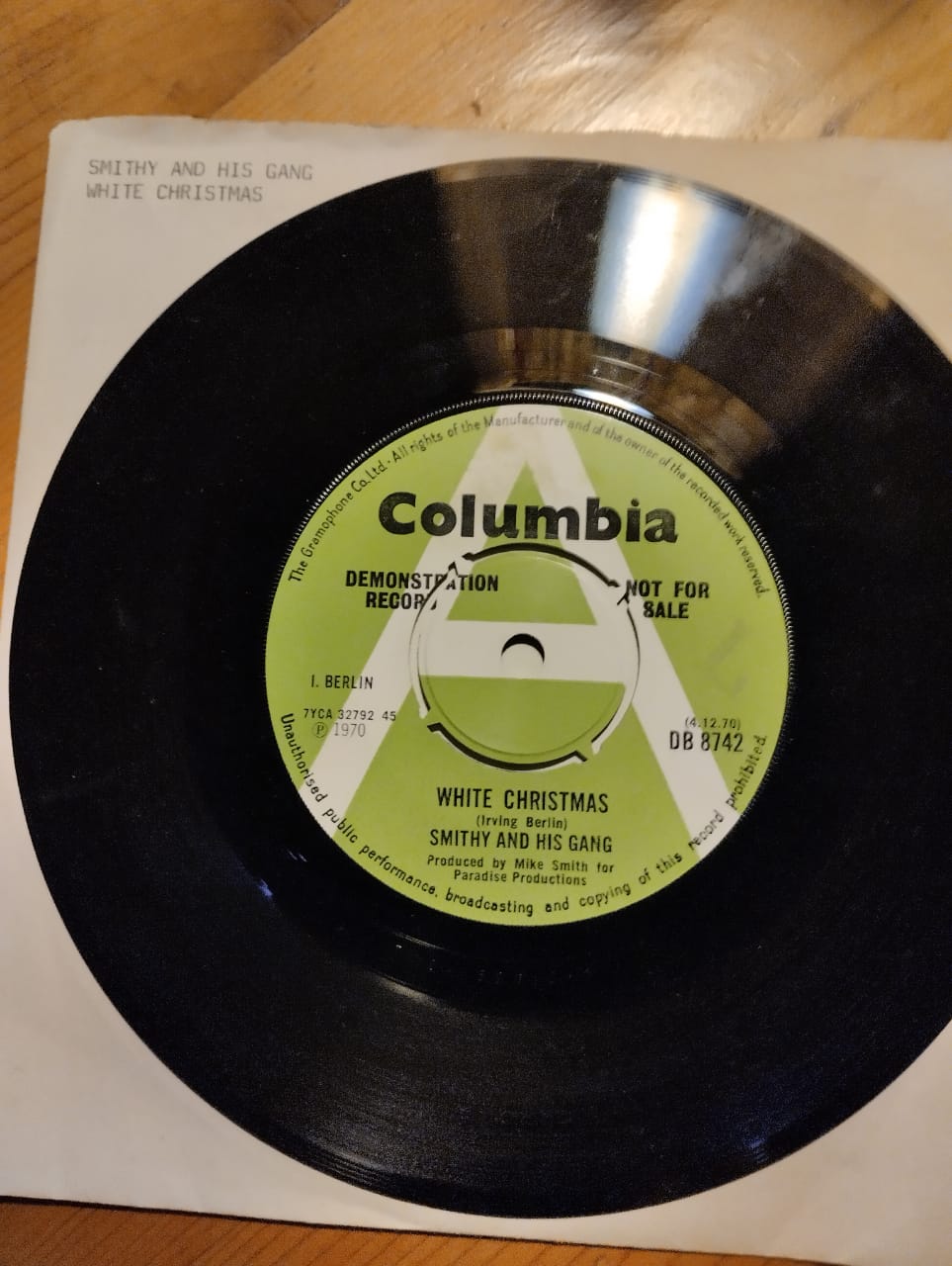
We also recorded a single under that name, a cover version of ‘White Christmas’ sung by John Boswell, also for what seems to be the Columbia label. Mike Smith said we would be getting an advance for the album, but he then disappeared and moved house; we couldn’t find him, as there wasn’t the technology we have today. We performed a few gigs locally, but I think our enthusiasm had gone, and alas, the band folded.
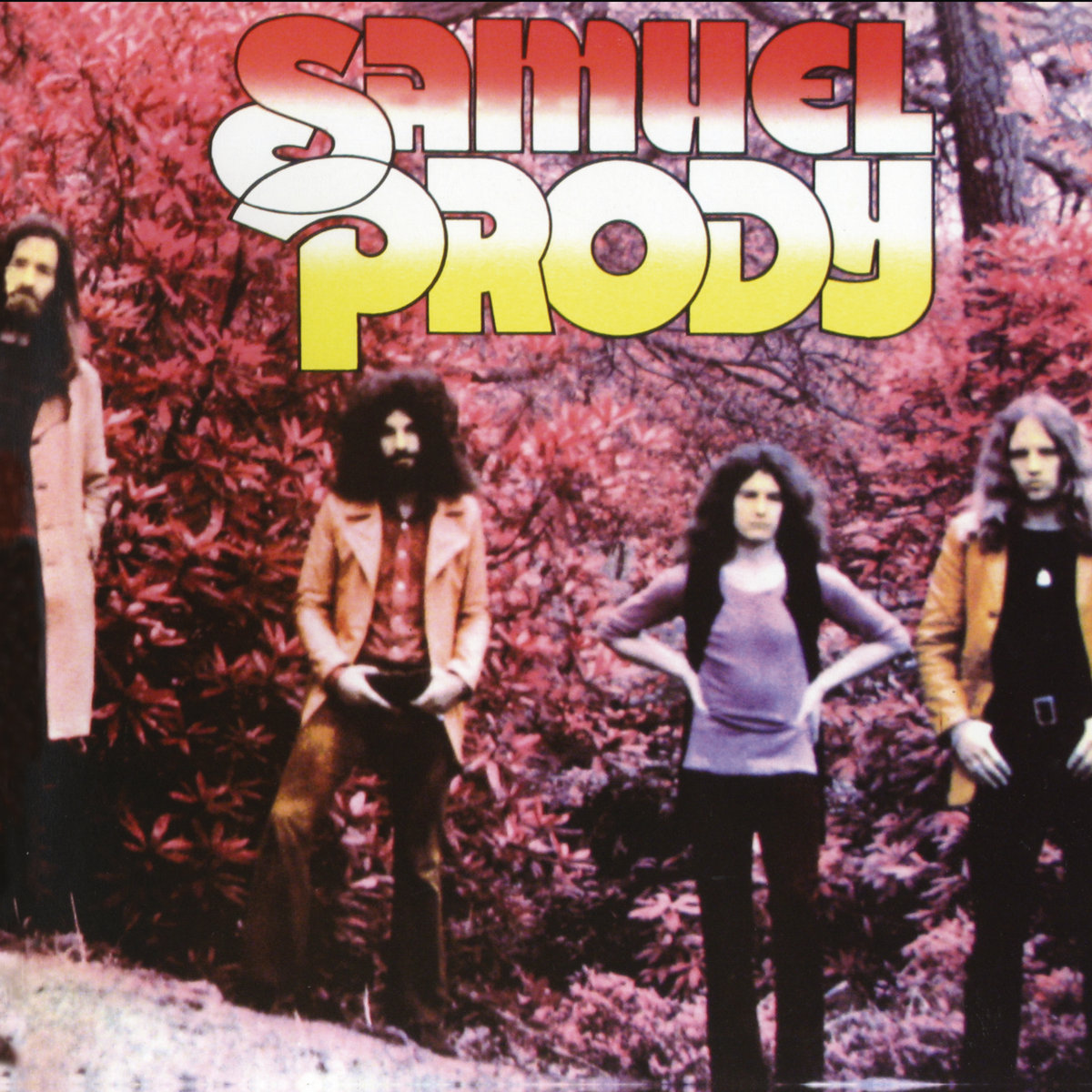
You weren’t aware of the release?
It wasn’t until about 1988, after I had moved to Cyprus, that I found out through a friend, Dave Minns, who owned a vinyl record shop in Brighton called Borderline, about the album having been released. He presented me with a vinyl copy on the Fullmoon Records label. Then came a CD on the Twilight Tone label and Akarma record label. And of course, Global. I had no idea it had been released. I later found a 45-inch vinyl copy of ‘White Christmas’ with ‘The Meridian,’ an instrumental written by Mike Smith, on the B-side, which he had played saxophone on.
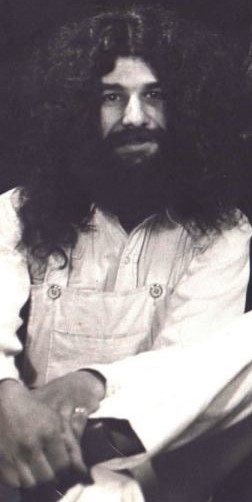
What followed for you?
I think I first got involved with Dave Greenfield in a band called Freeway UK. We had a saxophone and trumpet, guitar, drums, and myself on bass, and of course Dave on keyboards. We were given two days in London to rehearse as the backing band for The Elgins, who were coming over from America for a UK tour, with their guitarist and musical director, a very tall funky guitar player.
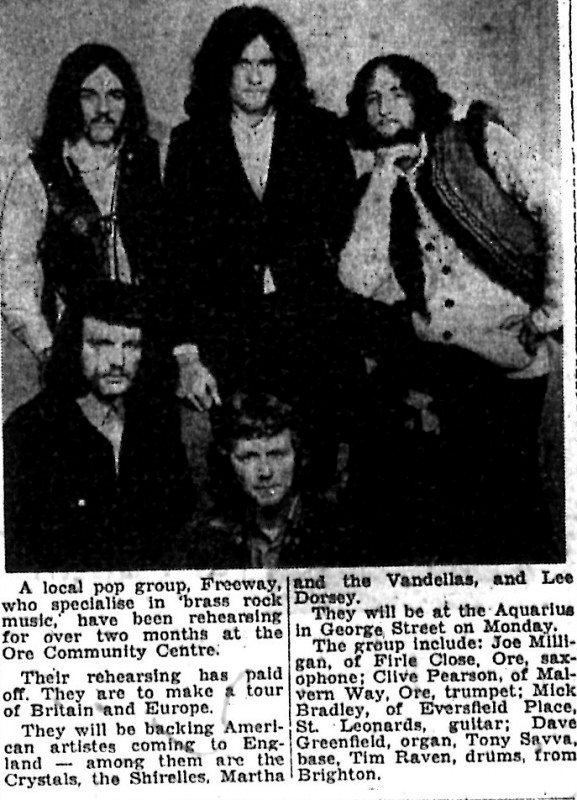
It was a great experience but a very tiring one as we had to play two venues a night, get around in a Transit van full of equipment, and a five-piece band. Some of the gigs were so far apart; one night we had a club gig in London, I think it was the Annabelle Club, appearing around 1 am, then packing up and driving up to Scotland straight to a gig with about an hour to set up and play, then back down to East Anglia for another gig. I remember one night we had a show about 20 km outside Birmingham in a club that was upstairs, not great with a Hammond organ, Leslie speaker, and all the rest of the equipment. But it got worse; we had to take the gear out of the club across a flat roof and down a spiral staircase in the rain and into Birmingham Bullring, where we had another show in a club that was already open and packed. We had to go through a back door onto a dance floor full of people dancing, set up, and then the floor raised and we were on, still dripping wet. It was a good night; we had Sacha Distel in the audience with Olivia Newton-John who loved the show. The Elgins were a great act.
Dave and I went on to work together for quite a while. As a three-piece, we had a week’s residency at the Playboy Club London where we had Richie Havens come up and jam with us, a great performer. Dave and I also worked as the resident band in a Greek restaurant in Brighton for a while.
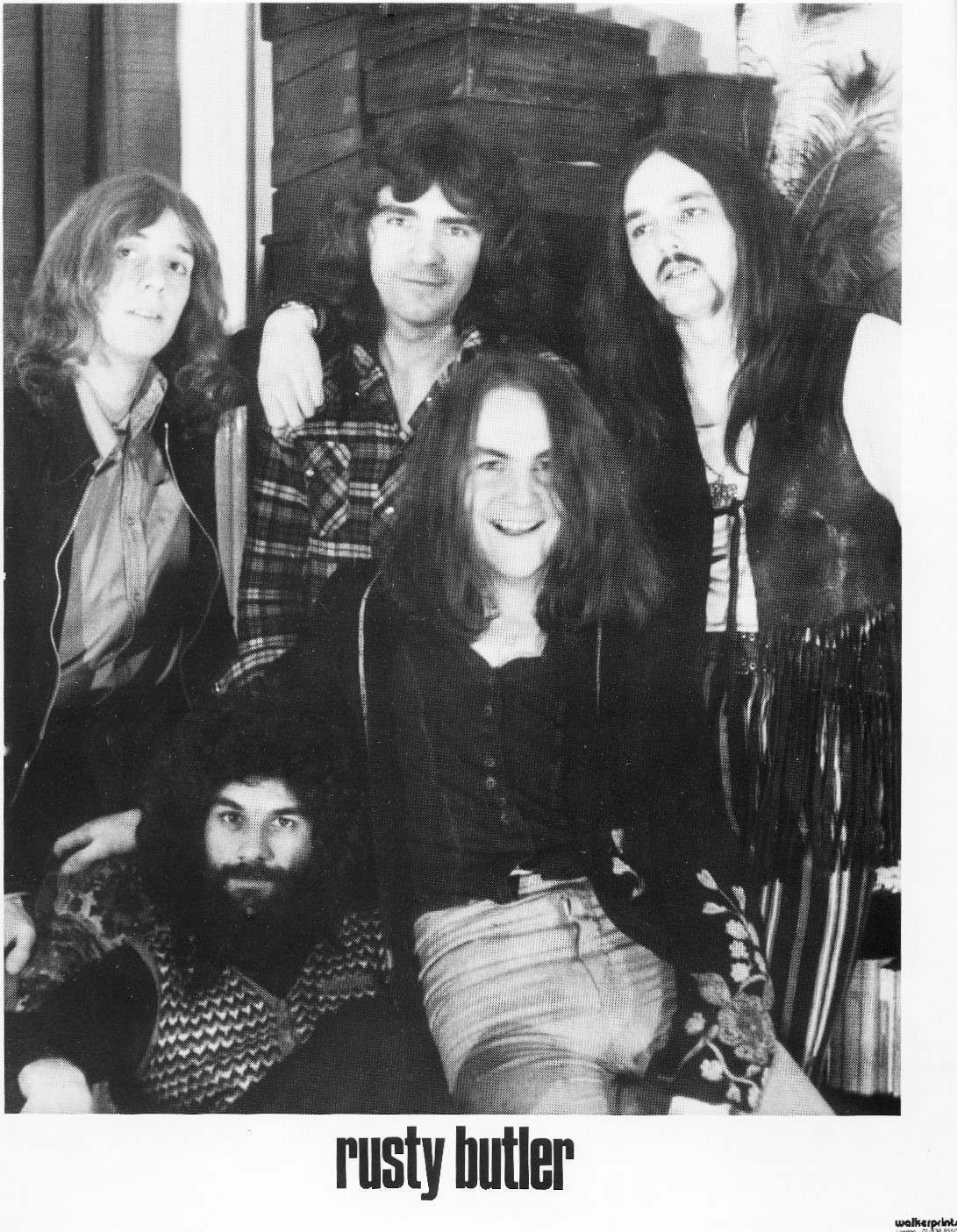
Then there was Rusty Butler, a great band formed by David Poxon, a well-known watercolor master painter now. The band included myself on lead vocals, Dave Greenfield on keys, Dave Poxon on bass, Roger Adams on guitar, and Neil Whitaker on drums. Unfortunately, Neil soon sadly passed away and was replaced in 1973 by Colin Norton on drums and Eddie Renouf took on lead guitar.
The band performed all over the UK and played many clubs and pubs in London, such as The Red Lion, The Greyhound on Fulham Palace Road, and the Marquee Club supporting Stray, as well as a week in Frankfurt, Germany at The Zoom Club. We also supported Vinegar Joe at one venue. We recorded quite a few demos, some of which are on YouTube. Before the band disbanded completely, Eddie left, and Roger Adams stepped back in to record some songs at Roger Daltrey’s studio, and that was the end, sadly.
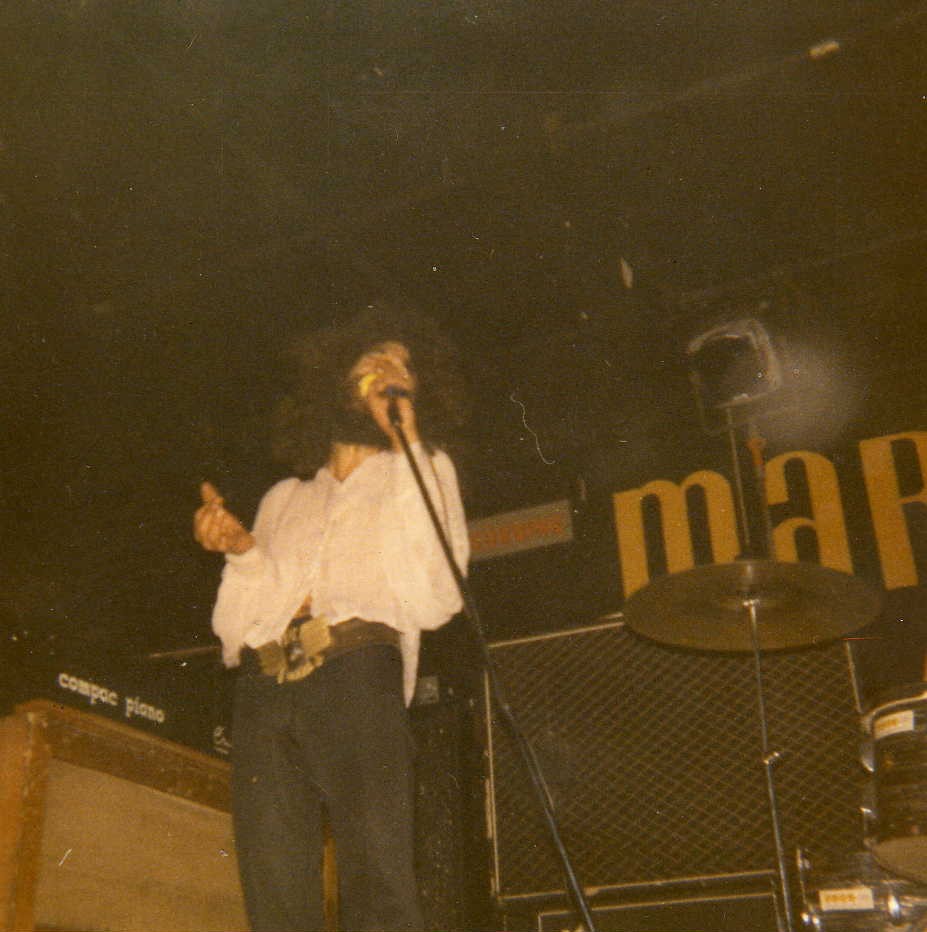
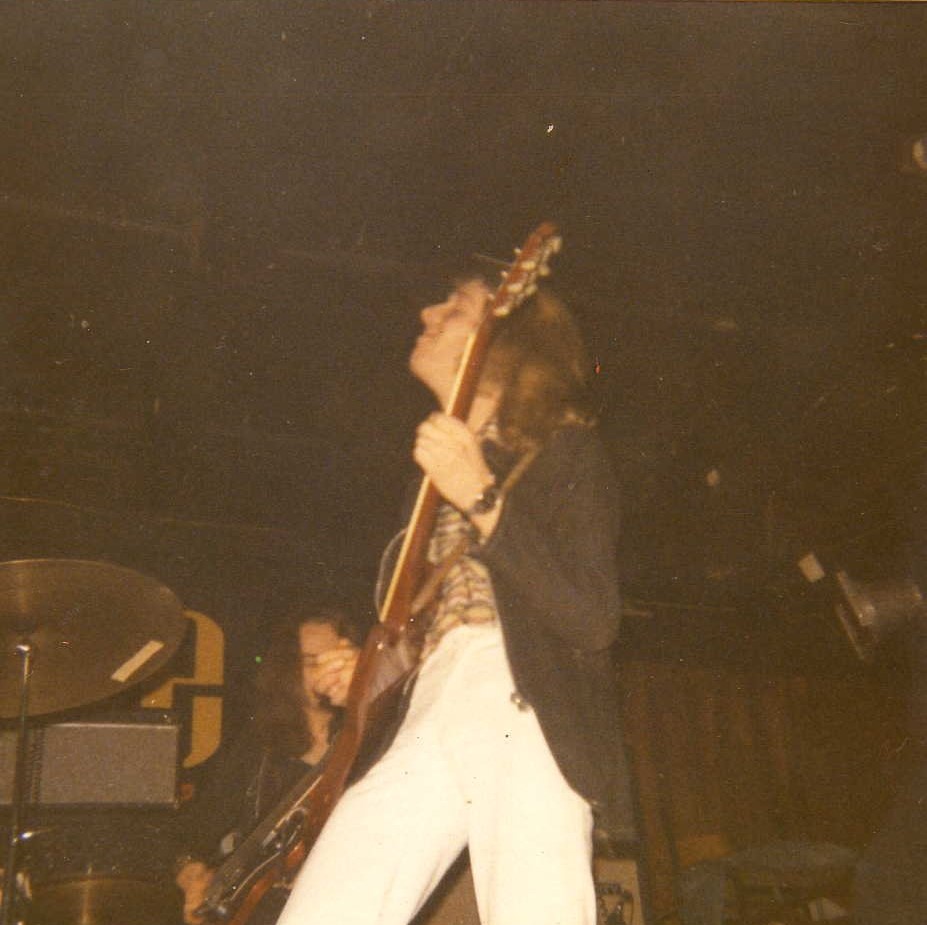
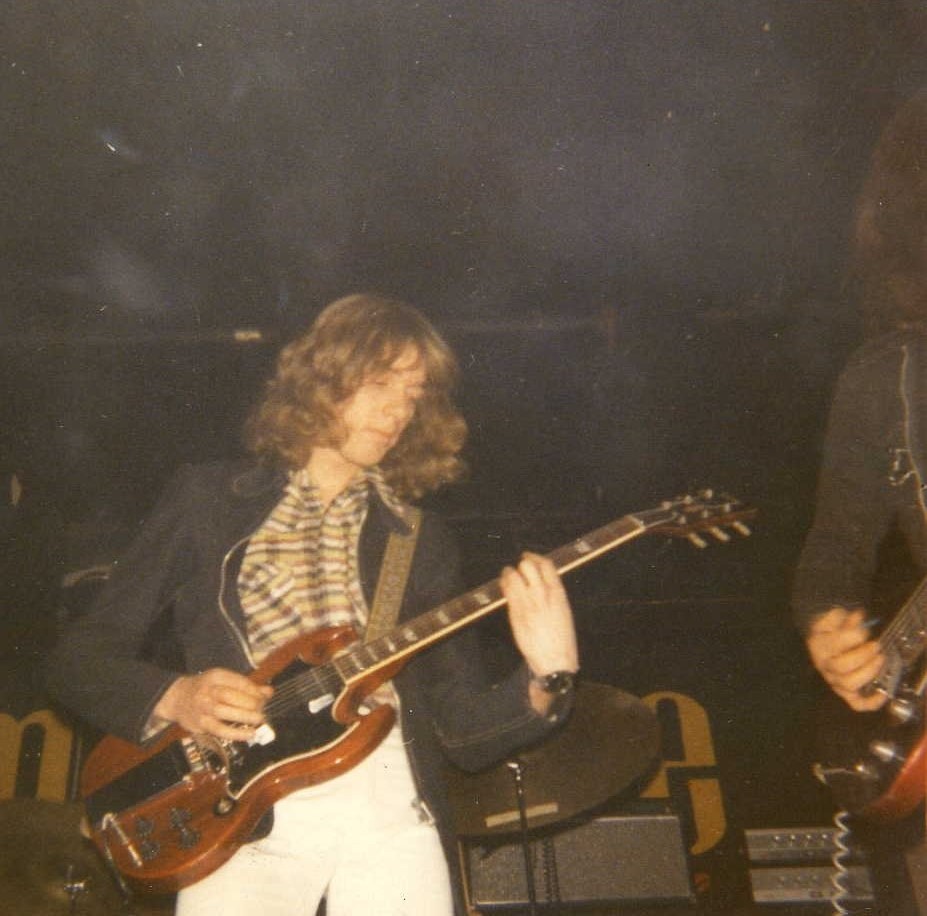
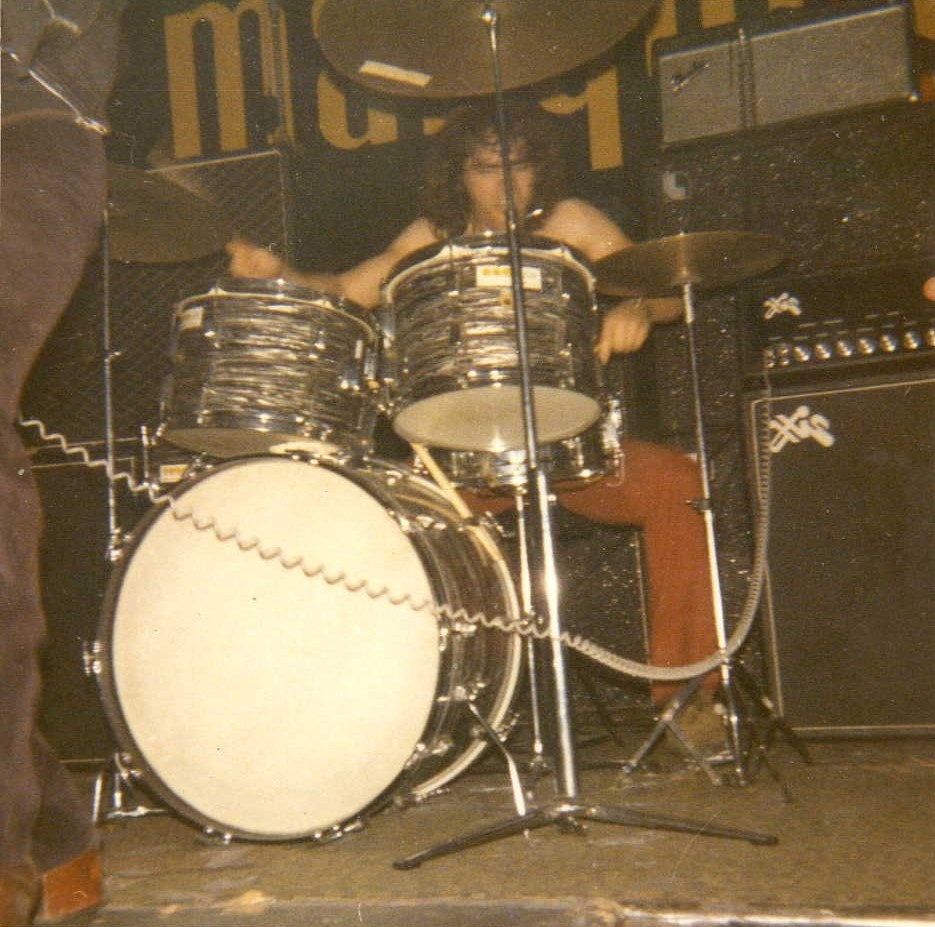
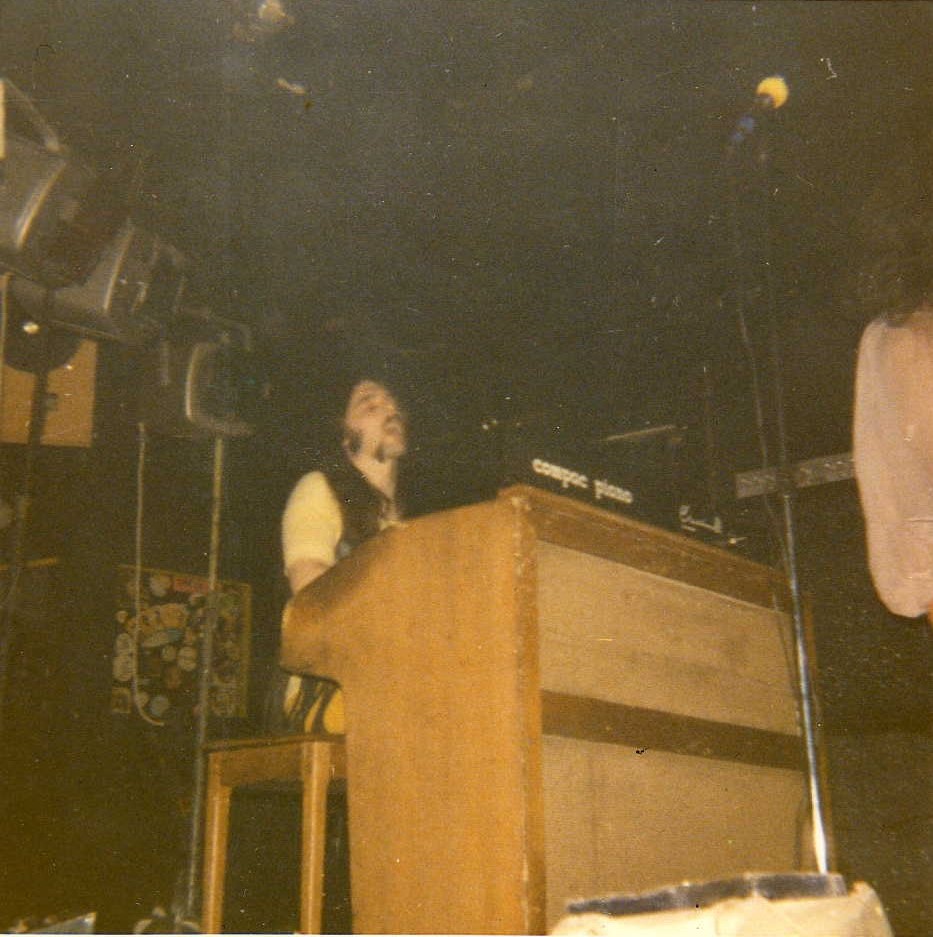
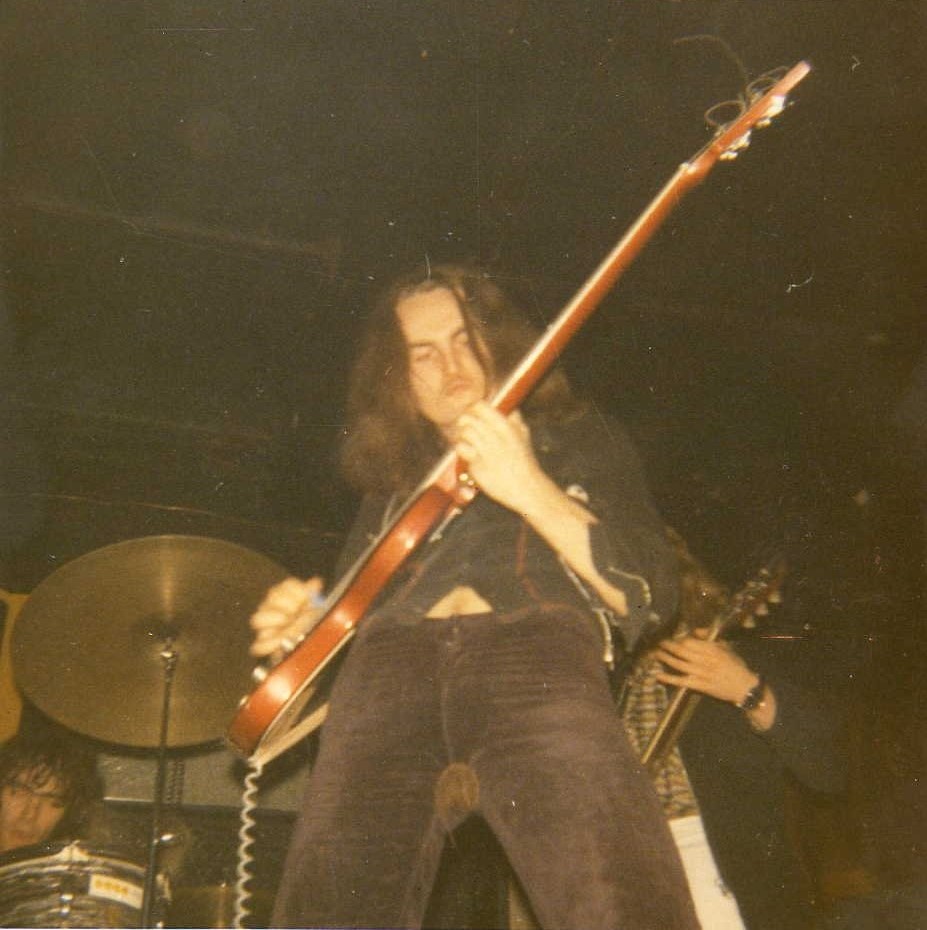
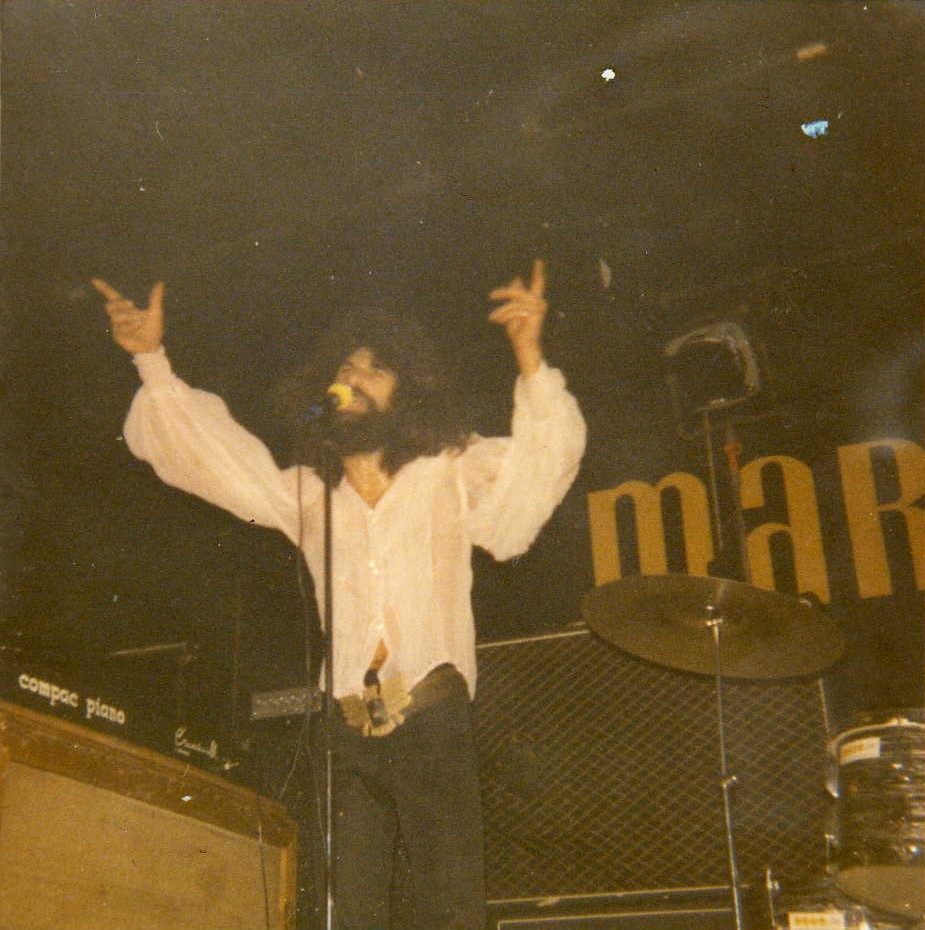
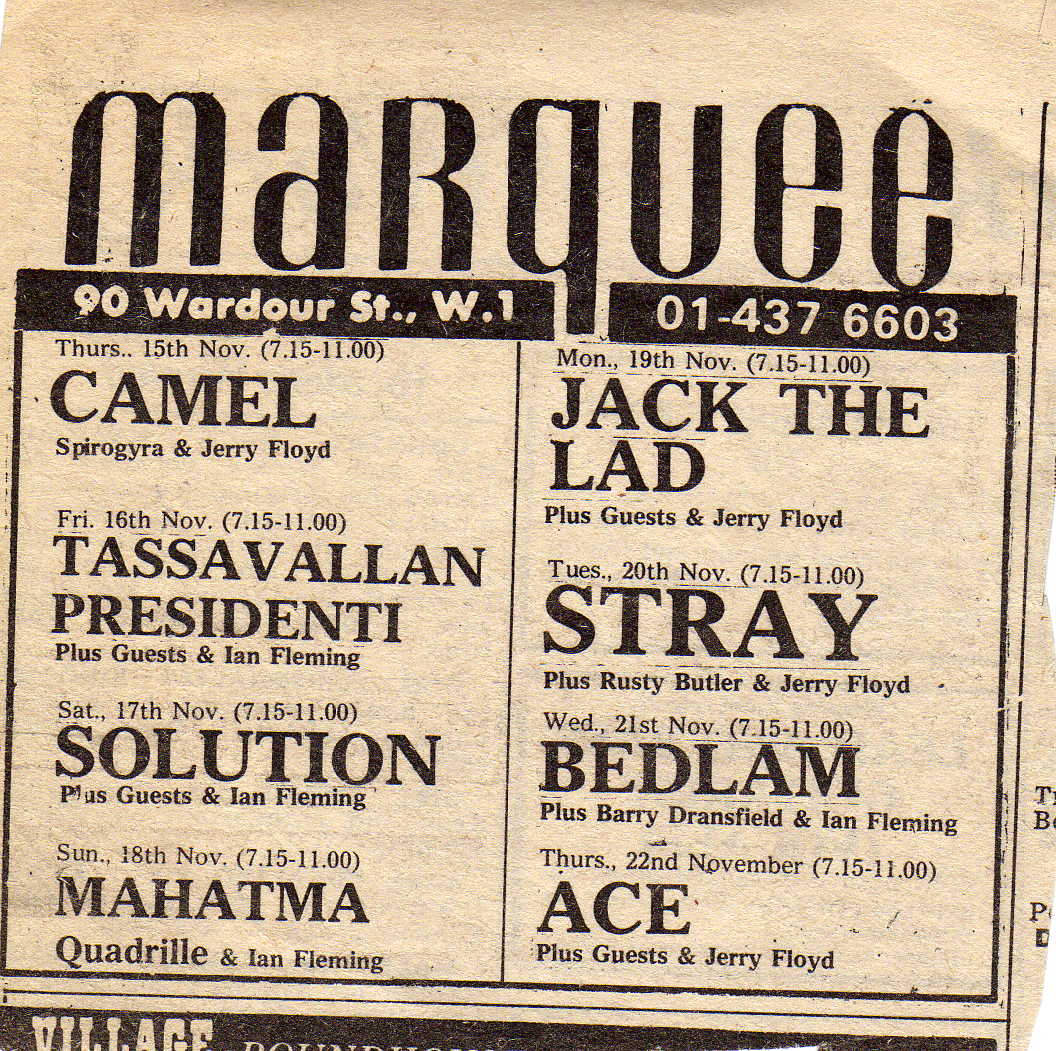
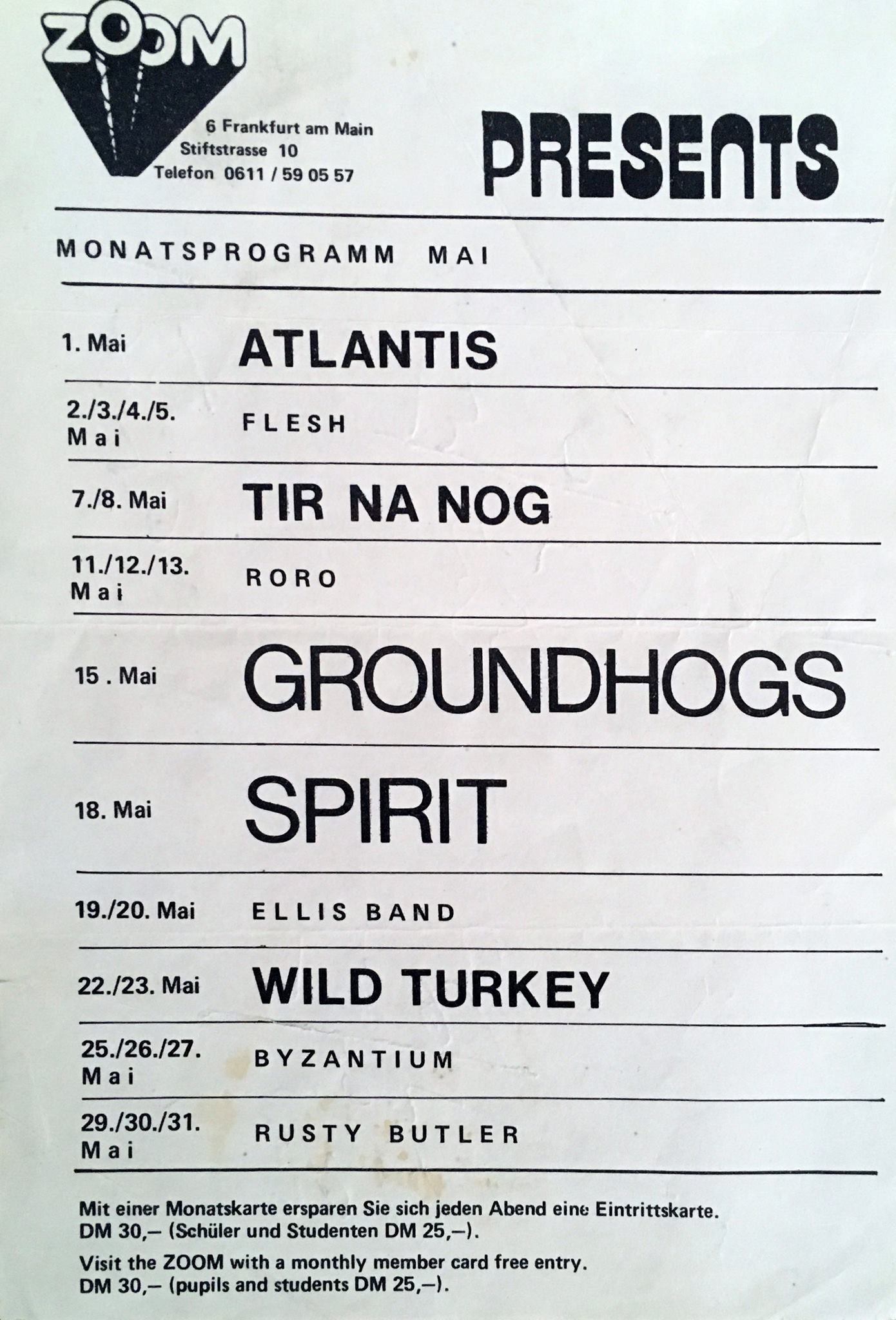
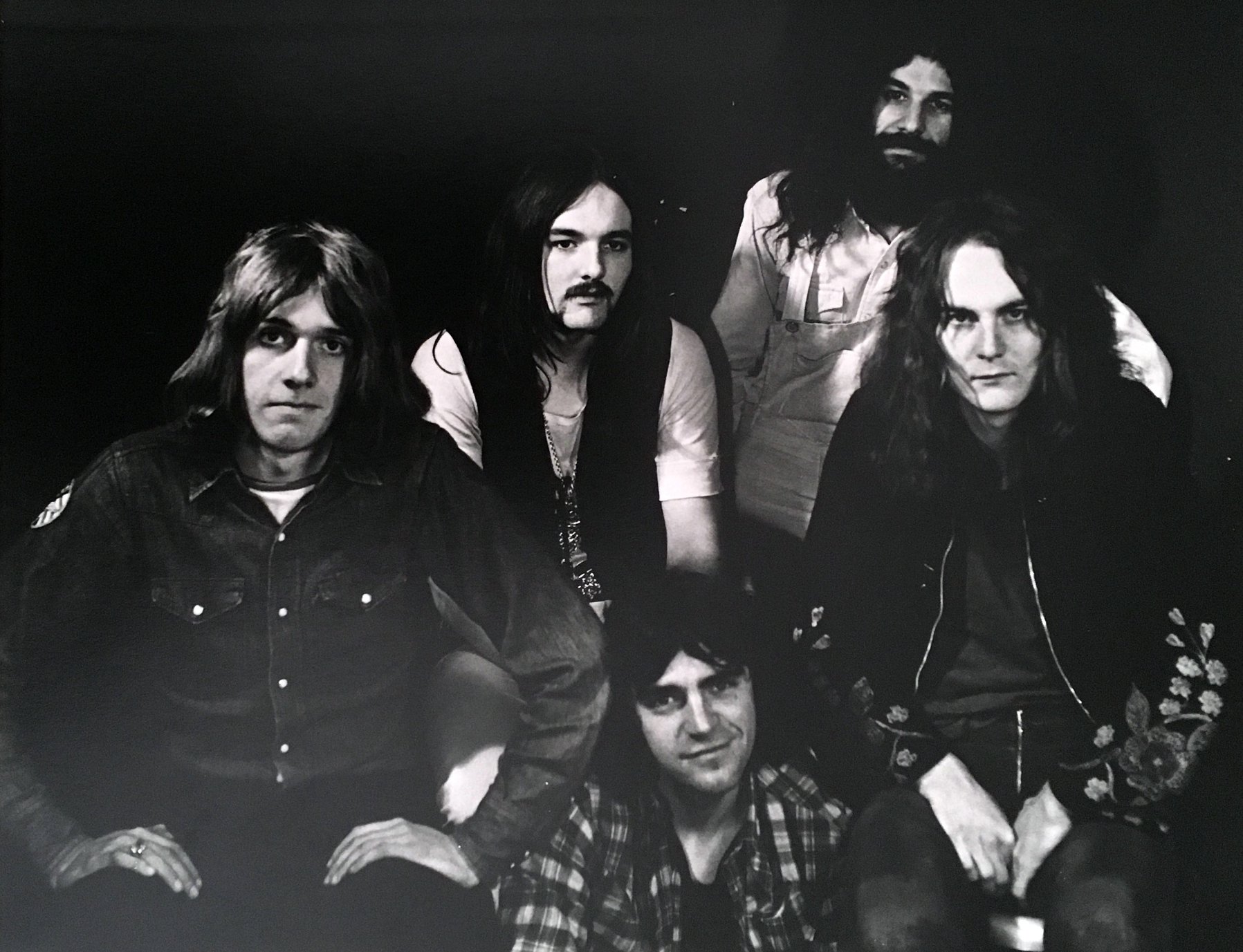
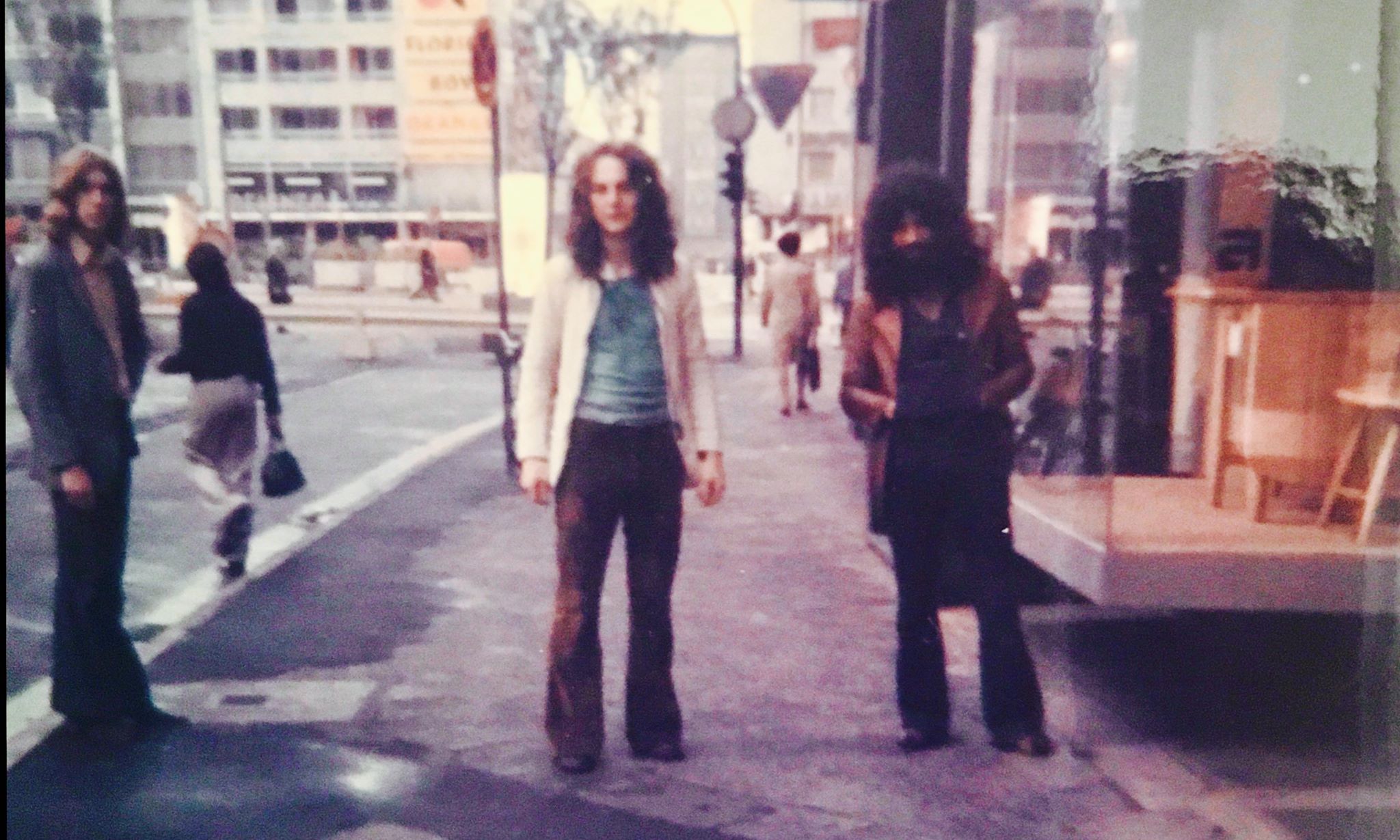
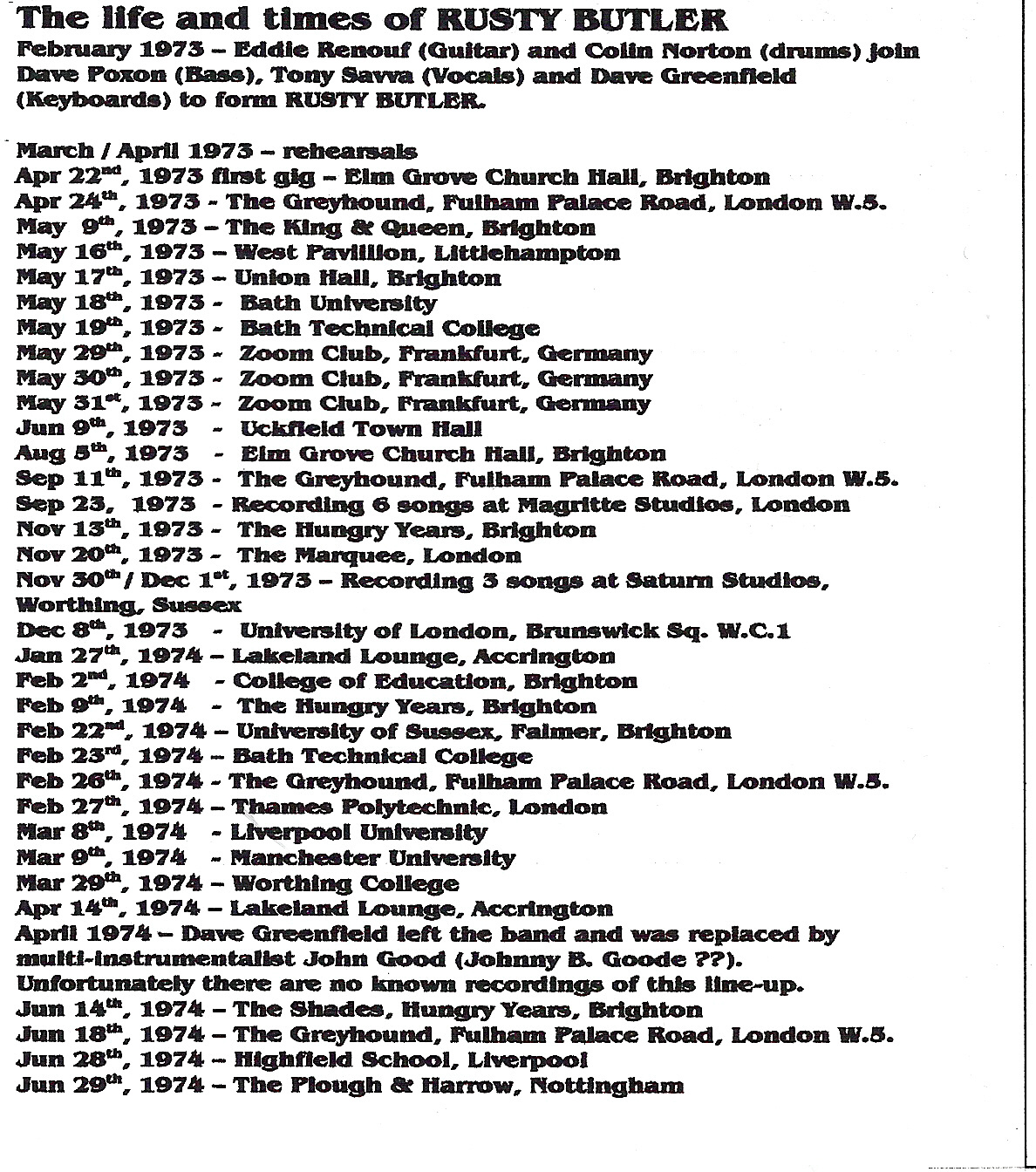
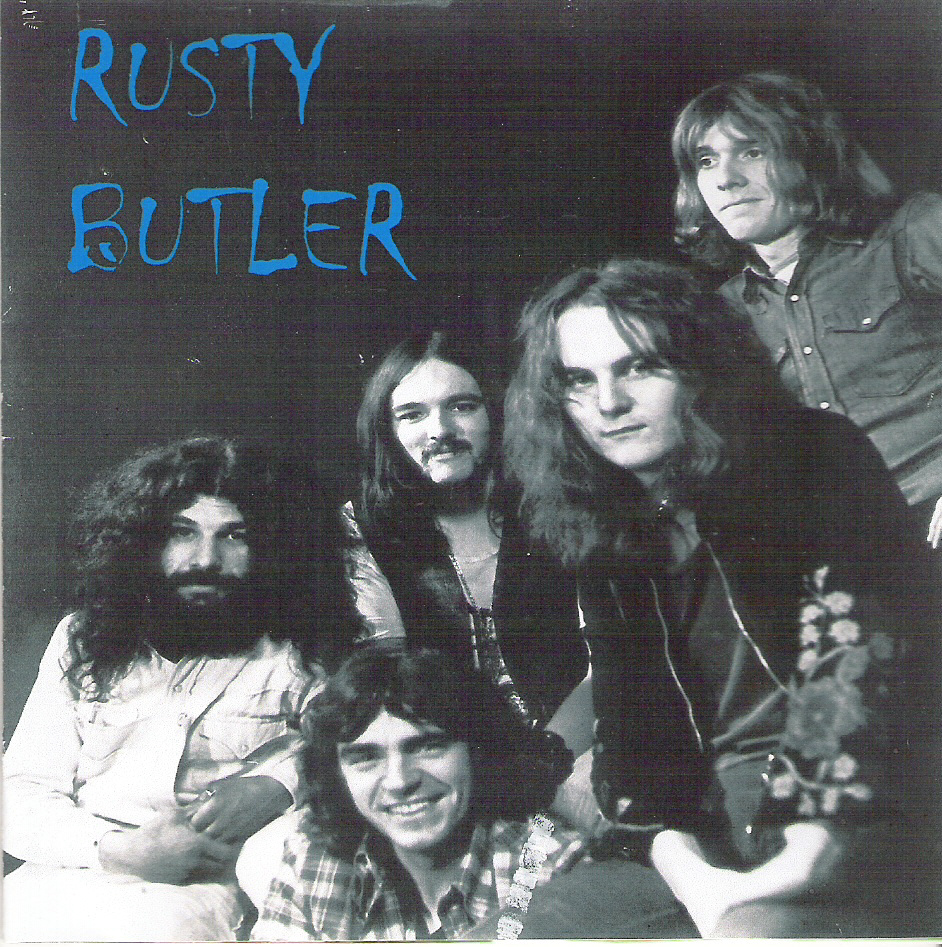
Before Sticky Wickit came about, I sang with a few bands that had a good following around Brighton. Zoo, a funk rock band with a three-piece brass section and congas, flute, a great band. Another band that did well on the local scene was Teazer, a five-piece with Elana McLaughlin and myself on vocals and Keith Hurley on guitar.
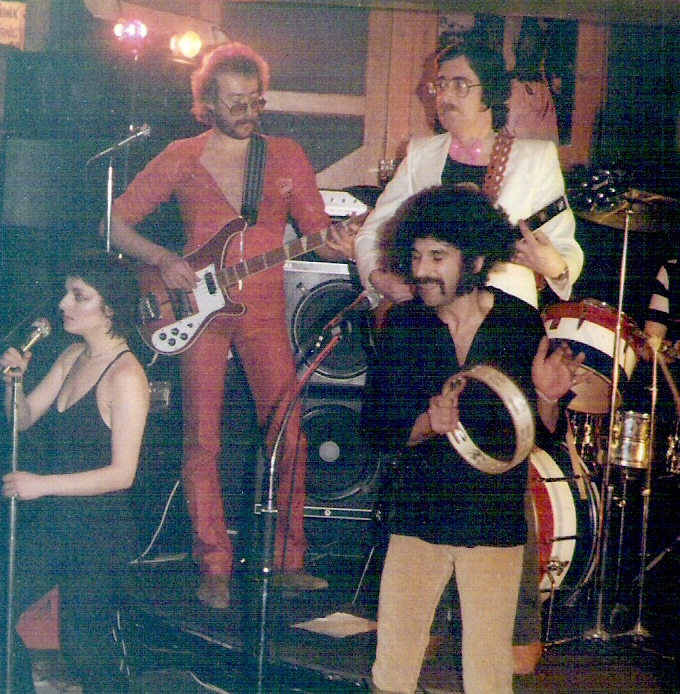
I was also one of the singers in the first Blues Brothers Tribute band, which was formed in Brighton by Tony McCormick who played sax in Zoo. This was before he took it to the stage shows in London.
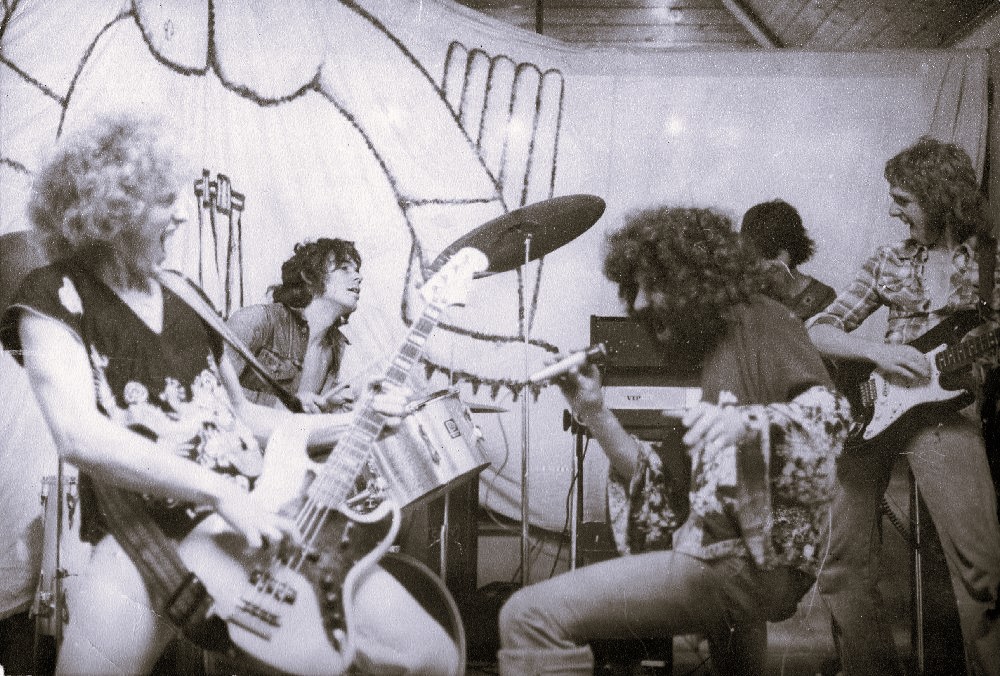
I got a phone call from Eddie Renouf asking if I would join a band he was putting together as a vocalist, and so Sticky Wickit was born. We wrote and performed all original songs written by myself and Eddie. The lineup included Andy Haselip, a great bass player, Martin O’Hara on drums, and Chris Dawson on keyboards, both great players.
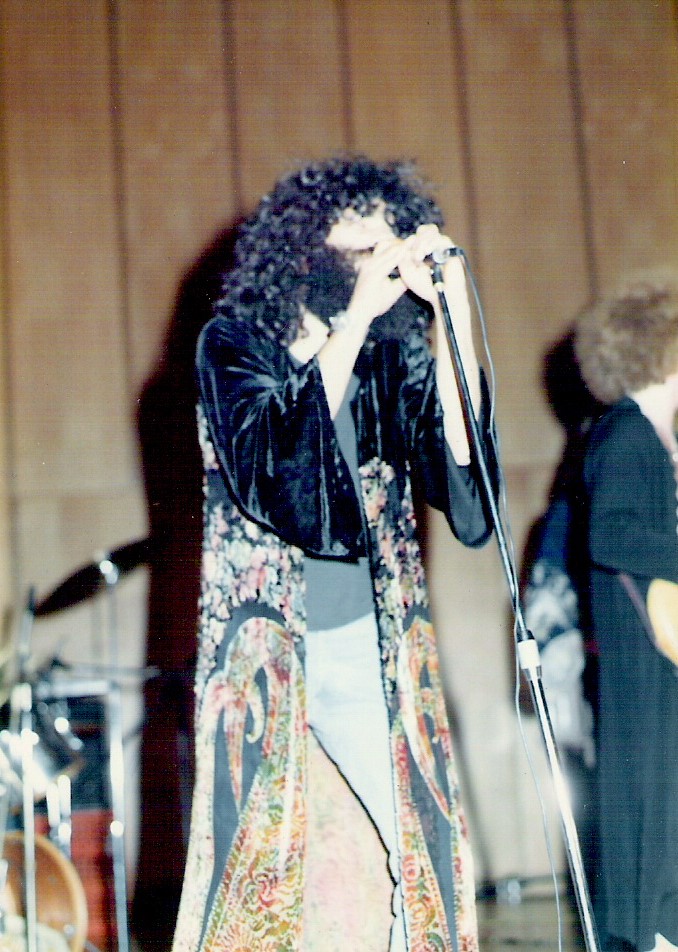
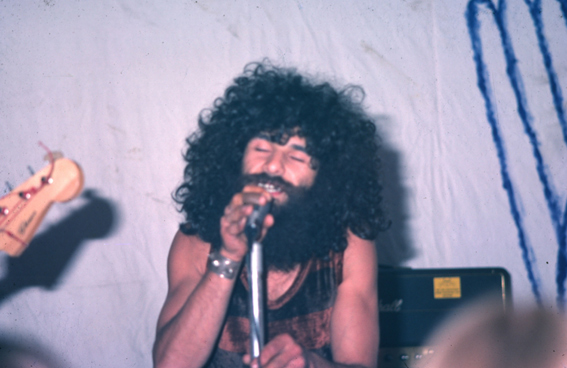
I really enjoyed this band. I feel the songs were good, and we had a great stage presence. The band had a good local following and played quite a few venues locally and in London. The band sadly came to an end in 1977. I think the band members still felt a connection, and after thirty years, I suggested to Eddie we should record a CD, to which all the guys agreed. So, Eddie recorded the backing track to eight songs at home in his front room. He then flew over to Cyprus for me to record the vocals. Eighteen months in the making. So we all now have a few memories on an unreleased CD. Our epic song on the CD called ‘Sam’ can be heard on YouTube. We also recorded a new version of the Samuel Prody song ‘Time’. Maybe I’ll get to put a few more songs up on YouTube.
A quick mention of probably the last band I played with in the UK was called Starfire, formed by guitarist Roger Adams, Shane Atlas on drums, Dave Leeman on second lead guitar, and by a little bit of pushing, Roger got me playing bass again. Great band also playing original material. Thanks, Roger.
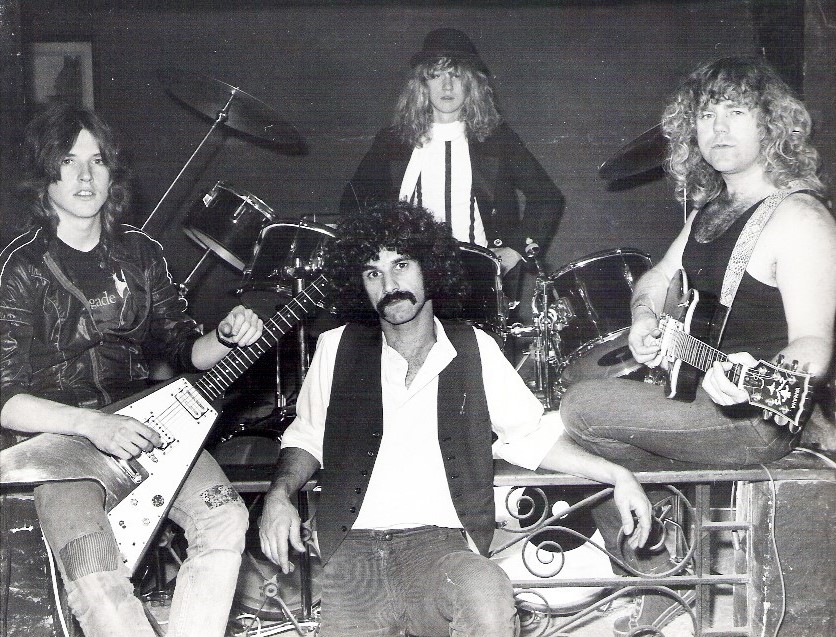
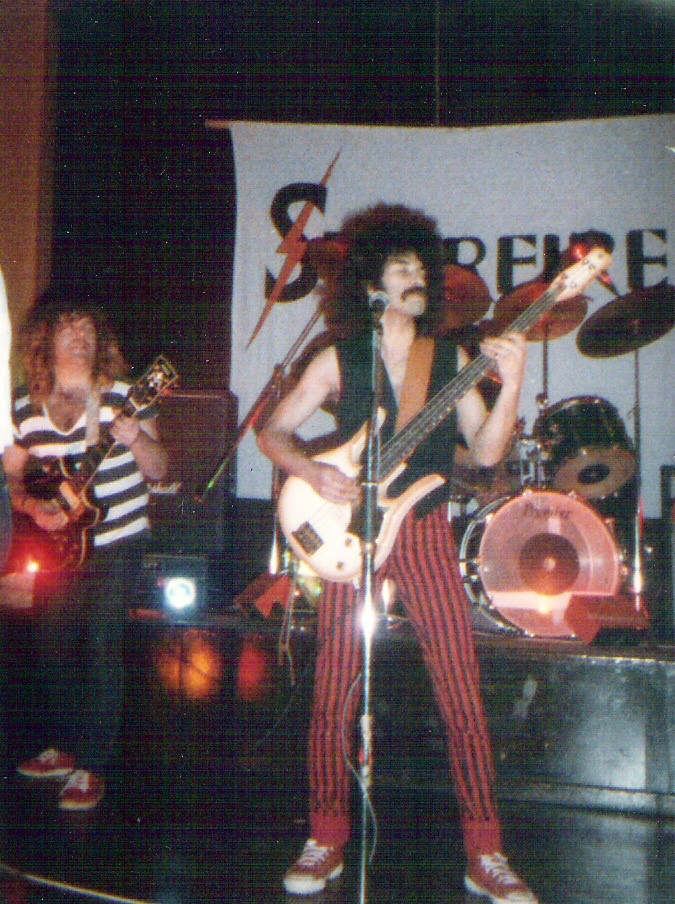
Ada, Adrian Stevens, guitarist, vocalist extraordinaire, best man, and close friend worked in a music shop in Brighton called Tiger Music, owned by my good friend John Pickard. He also played in the Top Rank suite in Brighton with The Bobby Samson Band. Anyway, I had to pester him for several weeks before he gave in to putting a duo together, with me playing covers just for fun, called The Savaloy Boys.
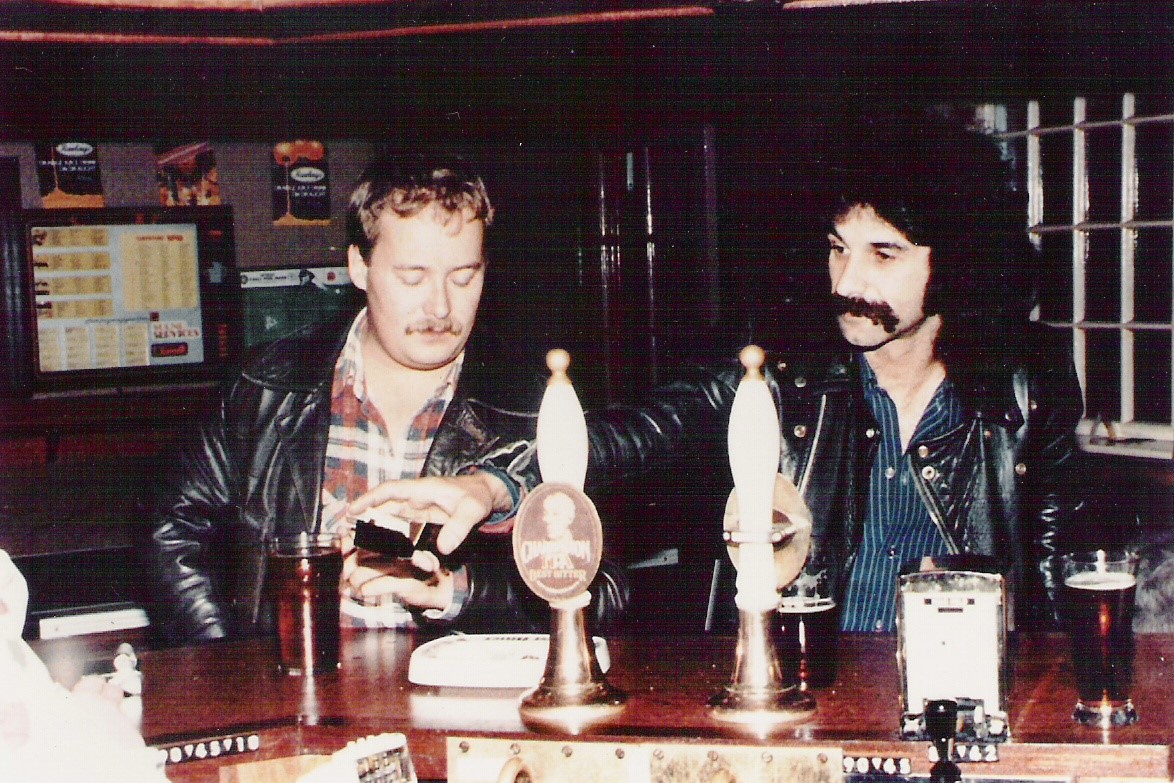
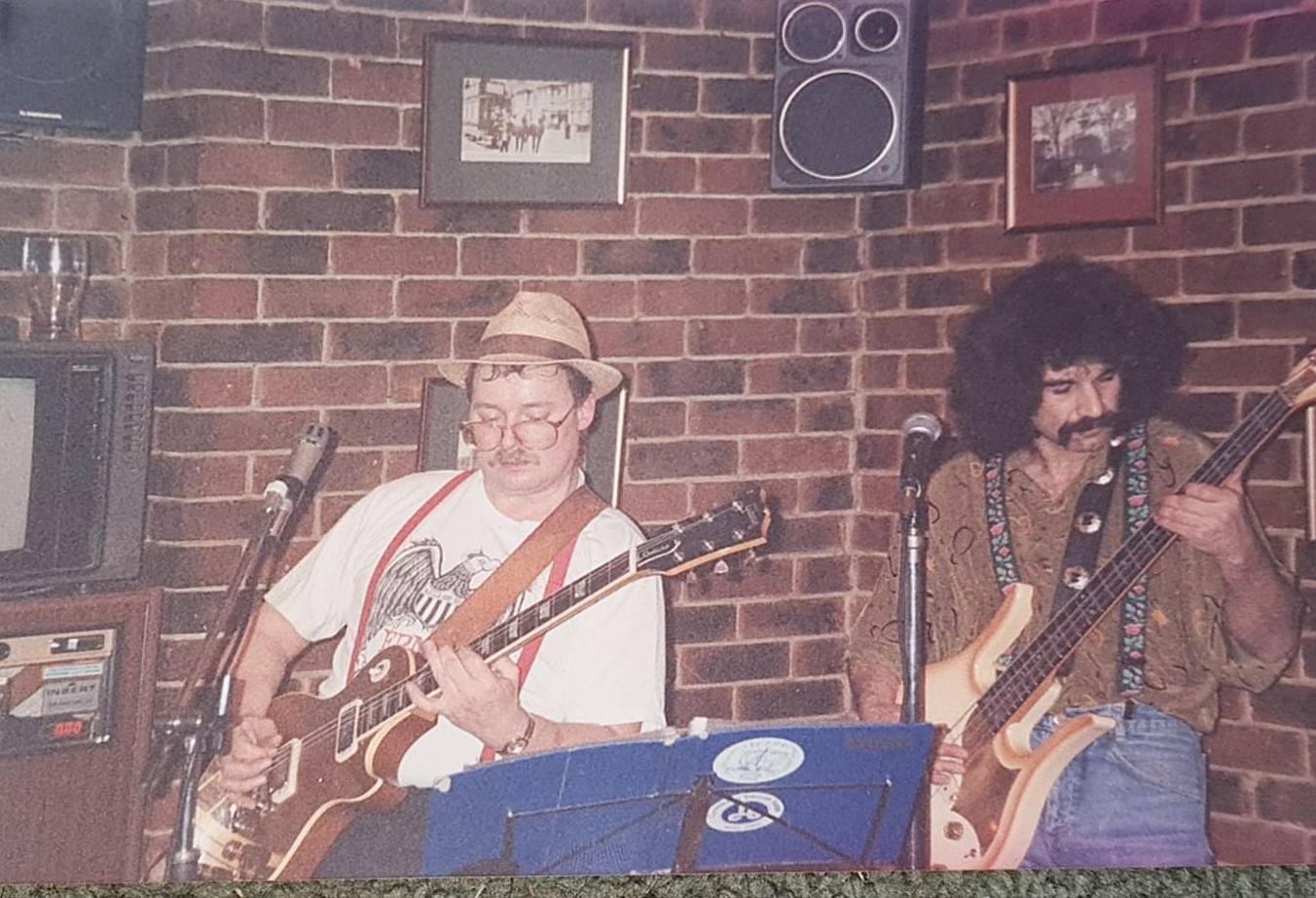
He wasn’t sure how it would work, me being into rock, but it turned out to be a great duo. We soon built up a big following locally in the pubs. I think we had the most amazing fun, and if I hadn’t decided to leave the UK and seek a quiet life in Cyprus, we would probably still be at it. That said, I’m now still in Cyprus playing bass and singing, so for now, the story continues.
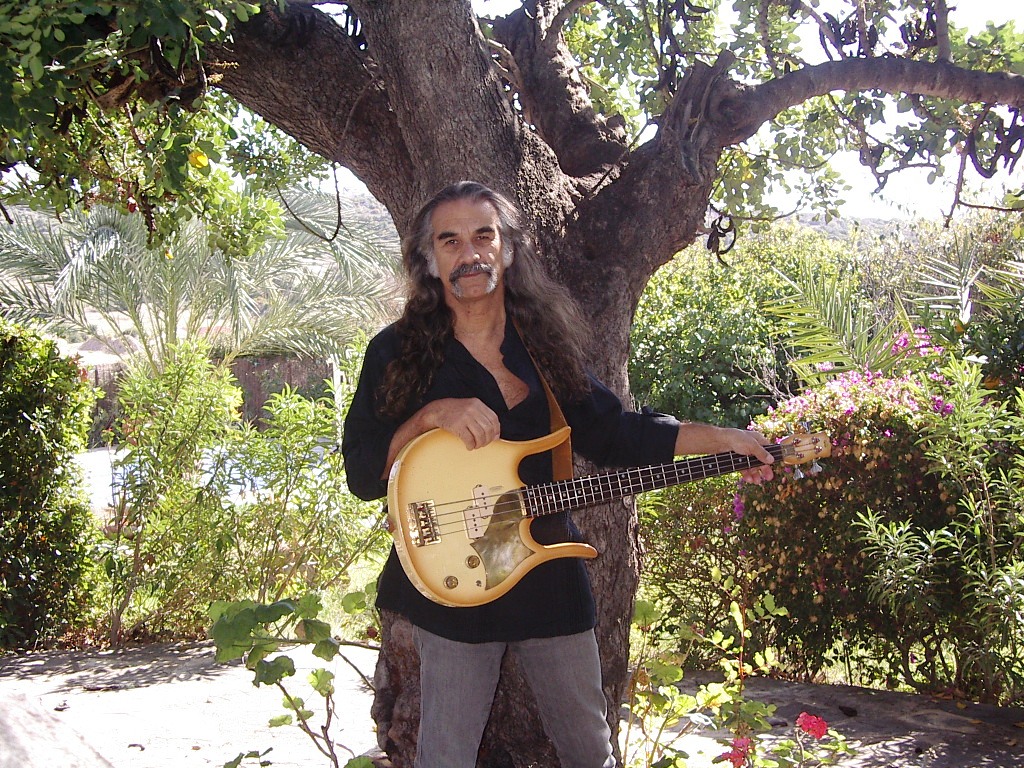
Thank you for taking the time. The last word is yours.
I would like to thank Guerssen for the upcoming reissue of the Samuel Prody album and everyone who has liked and enjoyed it. Also, Klemen Breznikar of It’s Psychedelic Baby! Magazine for the interview. And my wife Gilly and daughter Sophia, for all their love and support.
Klemen Breznikar
Guerssen Official Website / Facebook / Instagram / Twitter / Bandcamp / YouTube

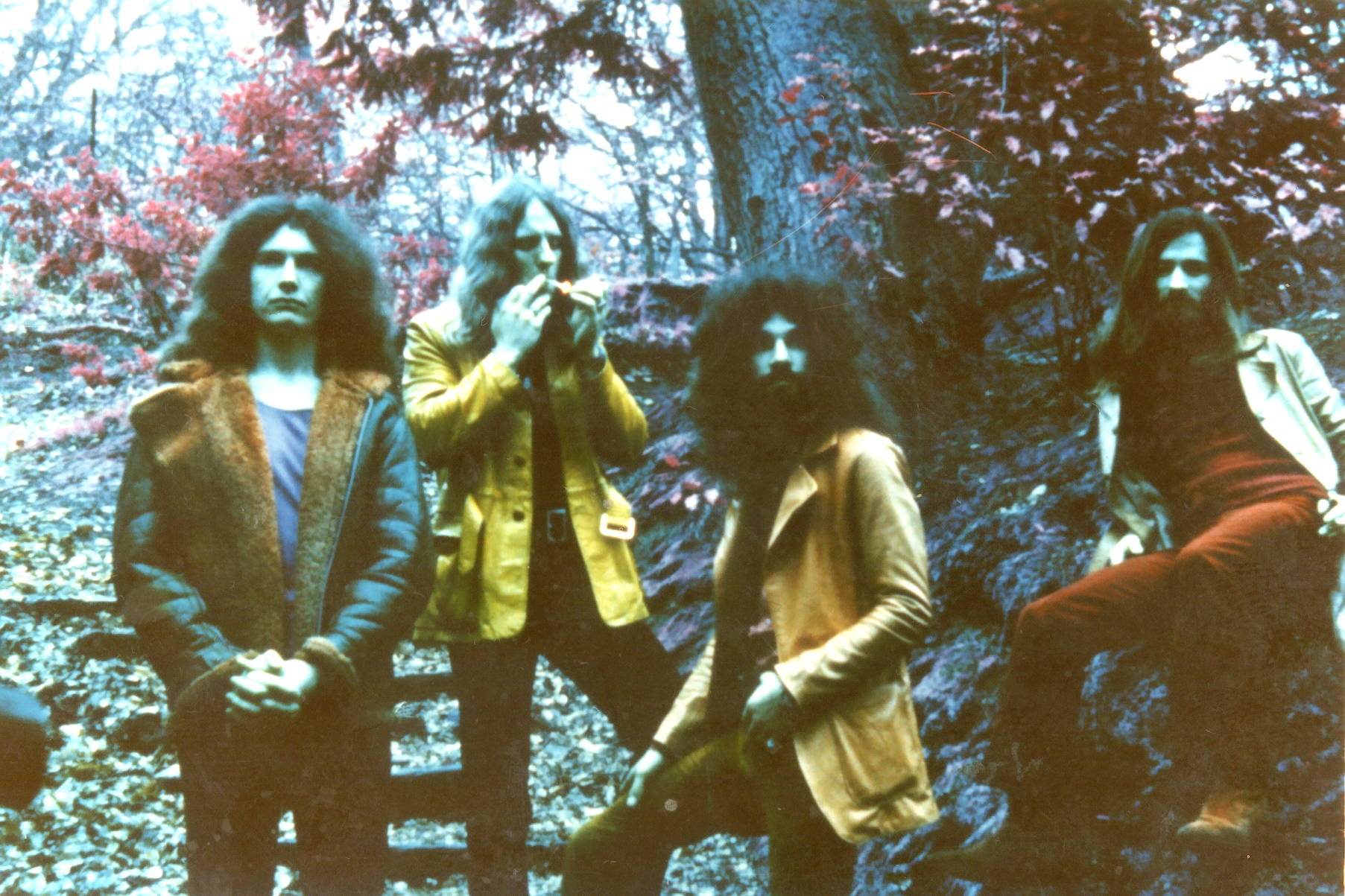
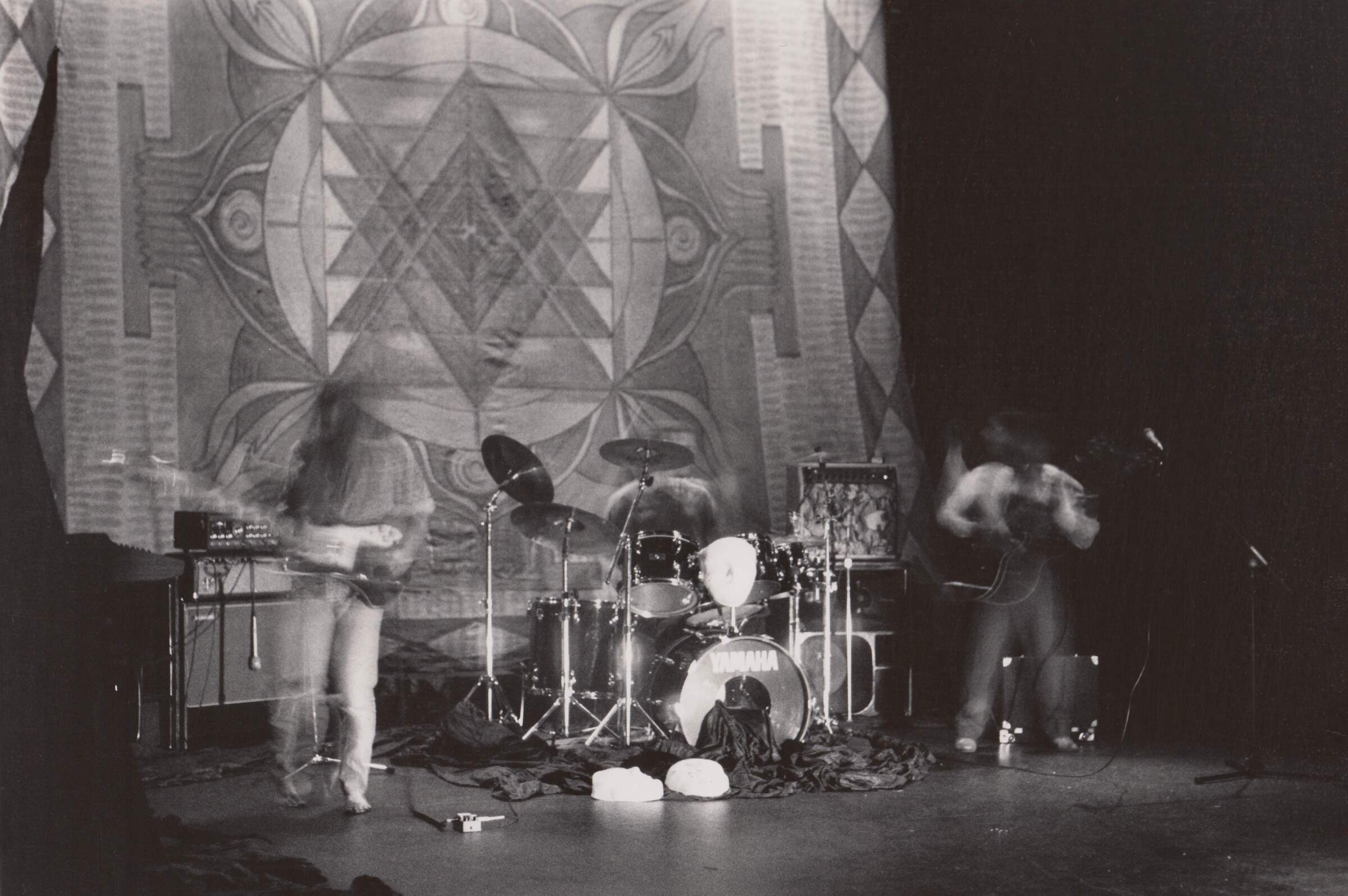
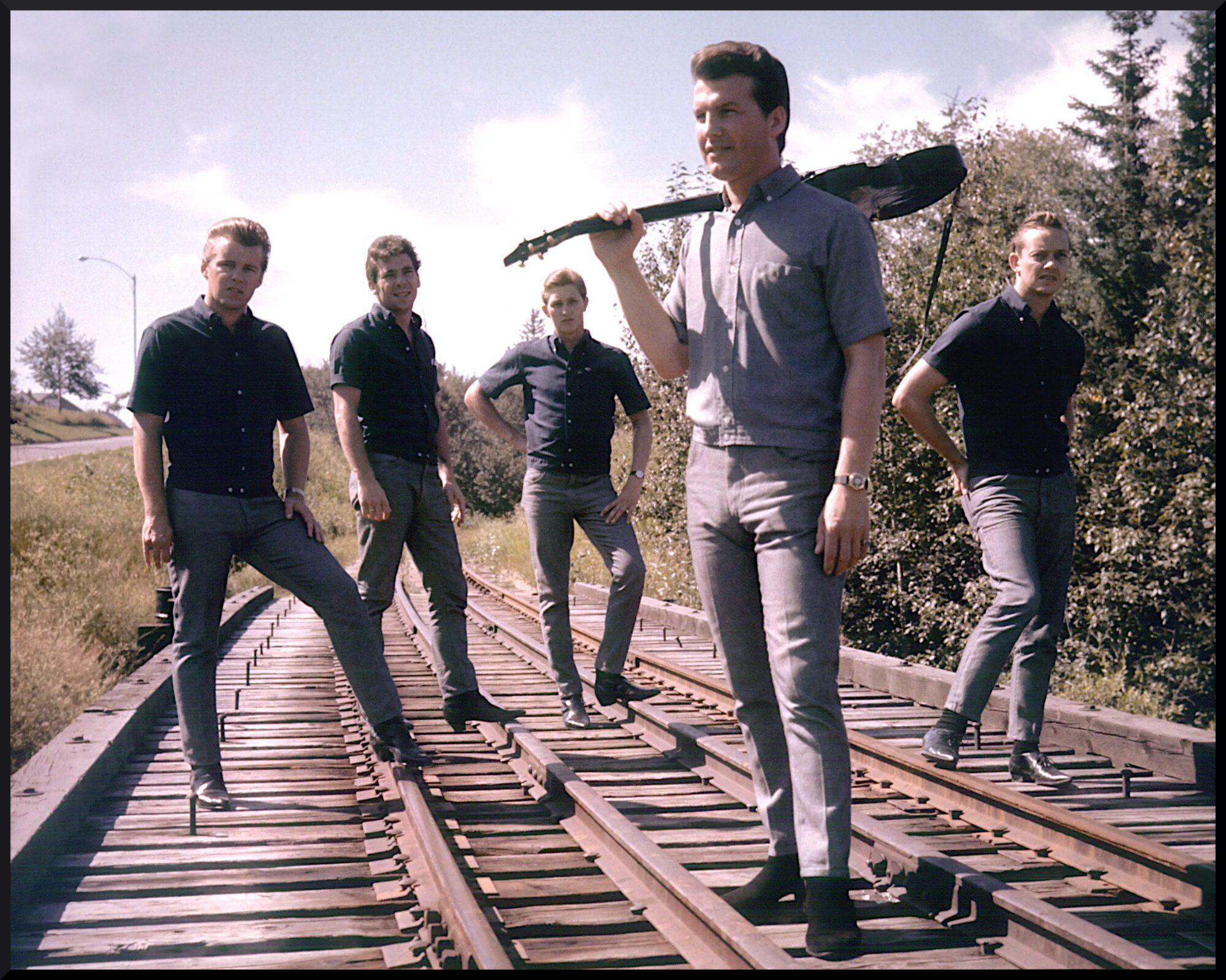
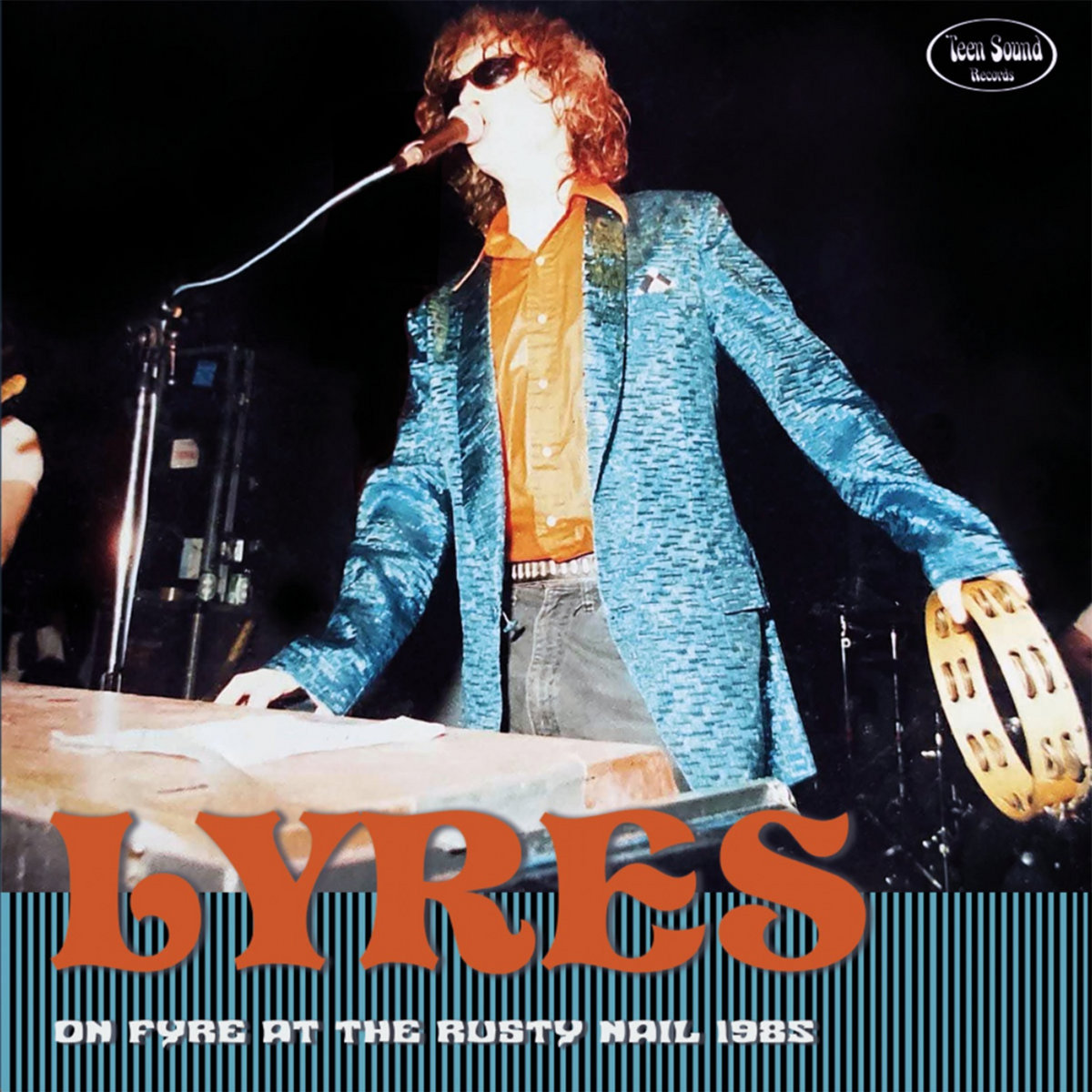
Good read on a storied career. Nice to discover another band from that great era.
Mike Smith! Same story of Mayfield’s Mule (RIP Chris Mayfield!), album recorded, producer Mike Smith disappears and album released abroad without any knowledge from the band!
Hi, Firstly, I enjoyed reading this article,
I met Colin Cookson many years ago whilst in a band with Jim McNicholas, I think Colin’s first cousin is Gary Grainger, never knew what path Jim or Colin eventually took.